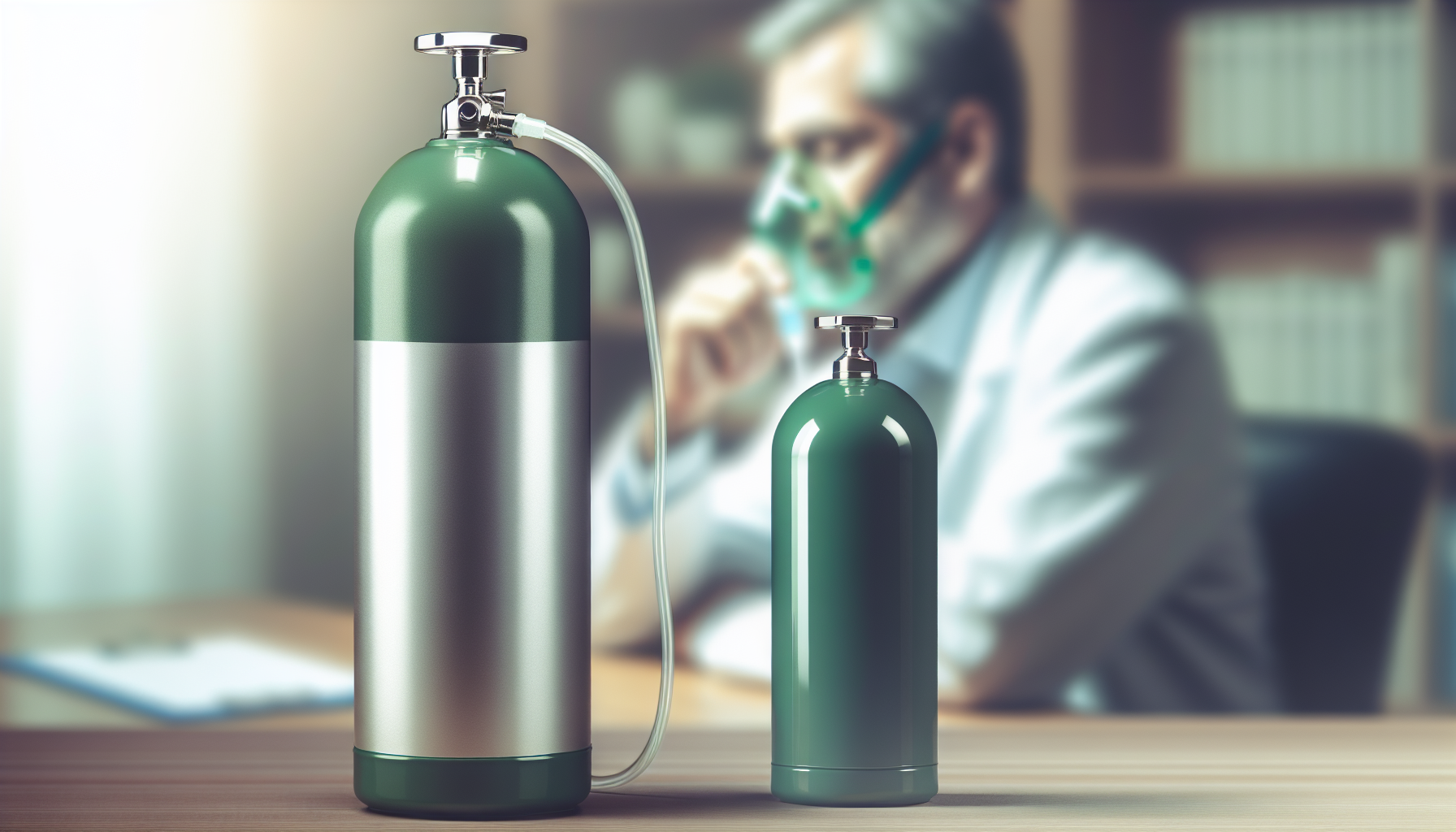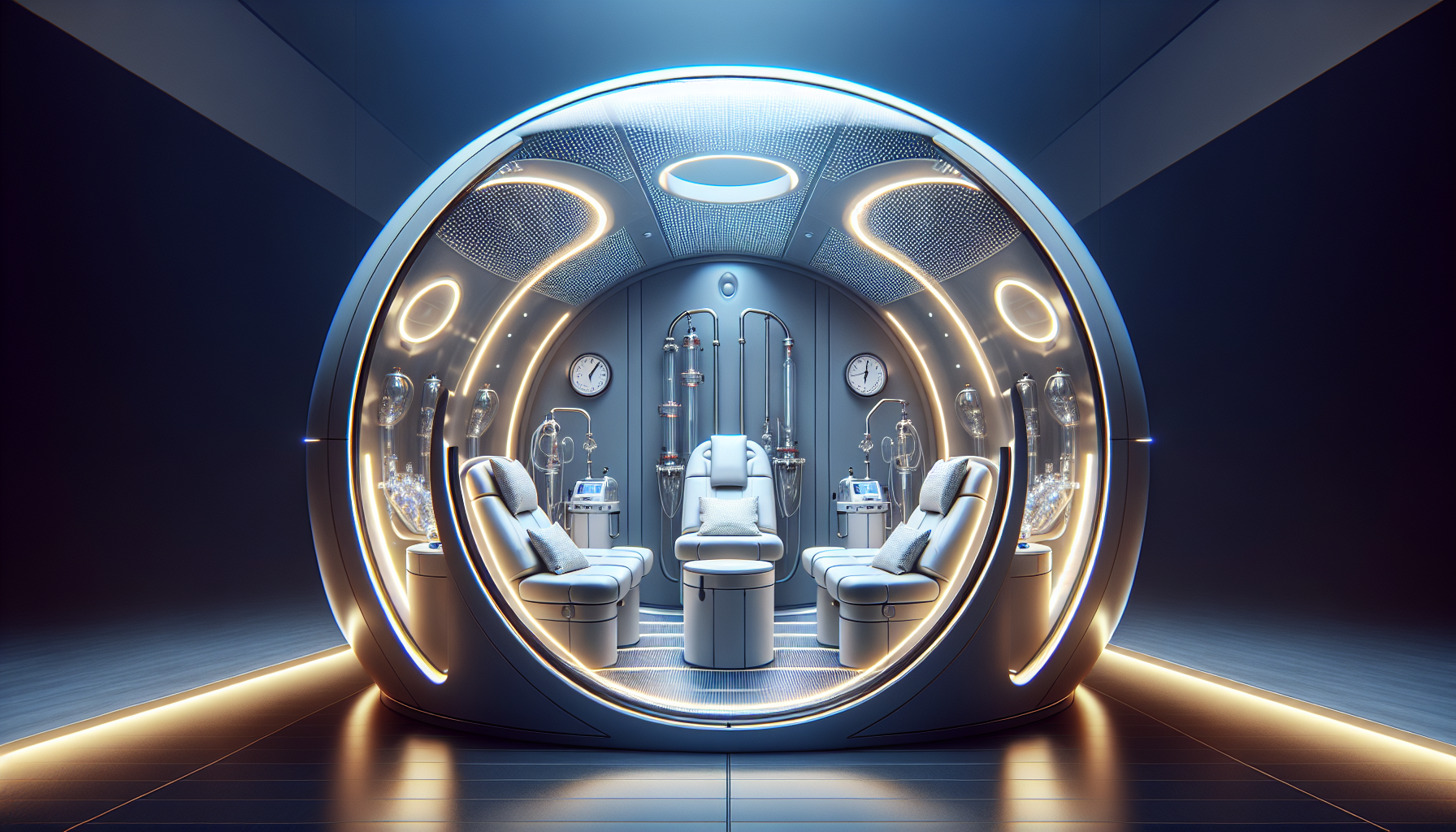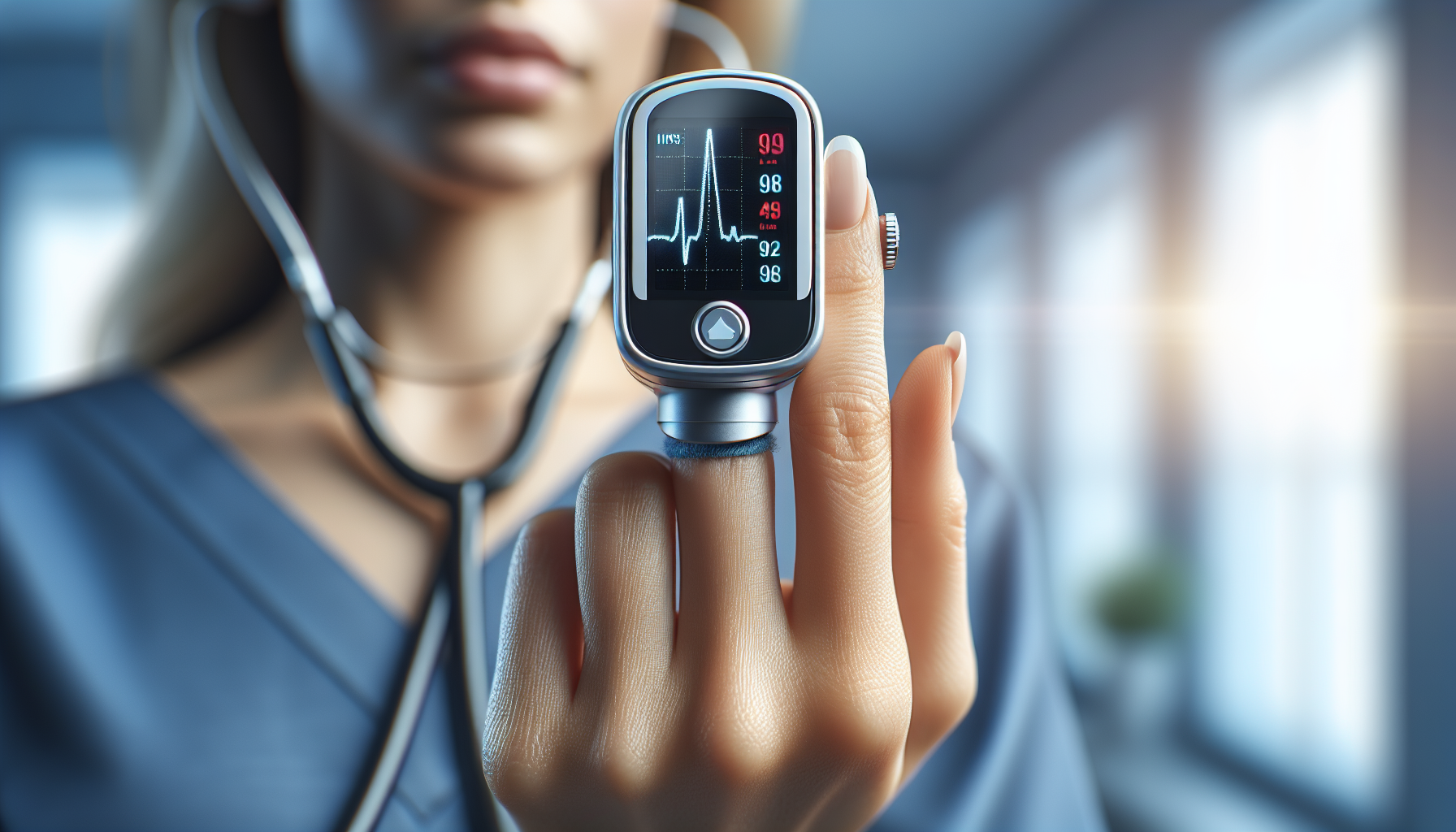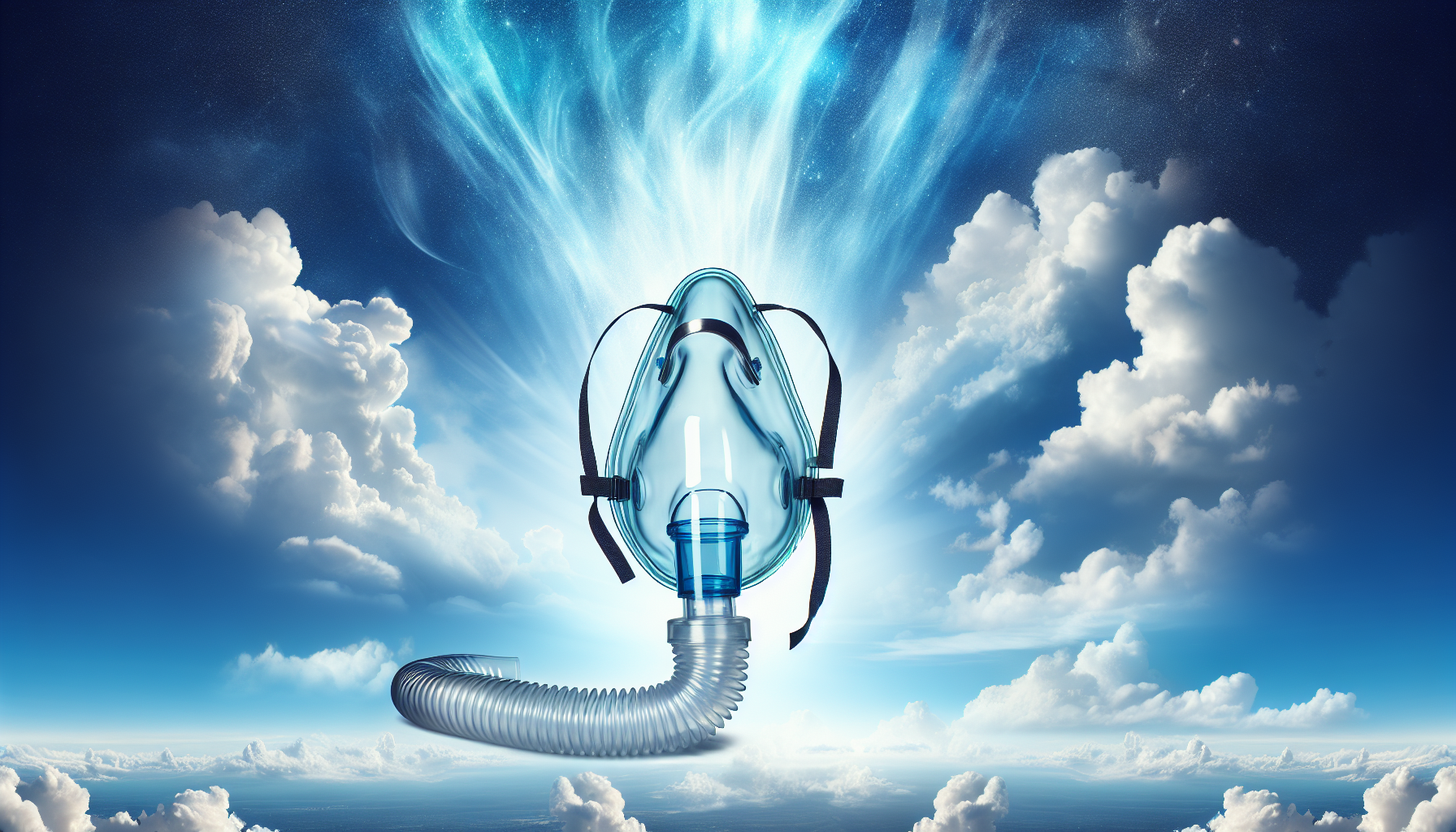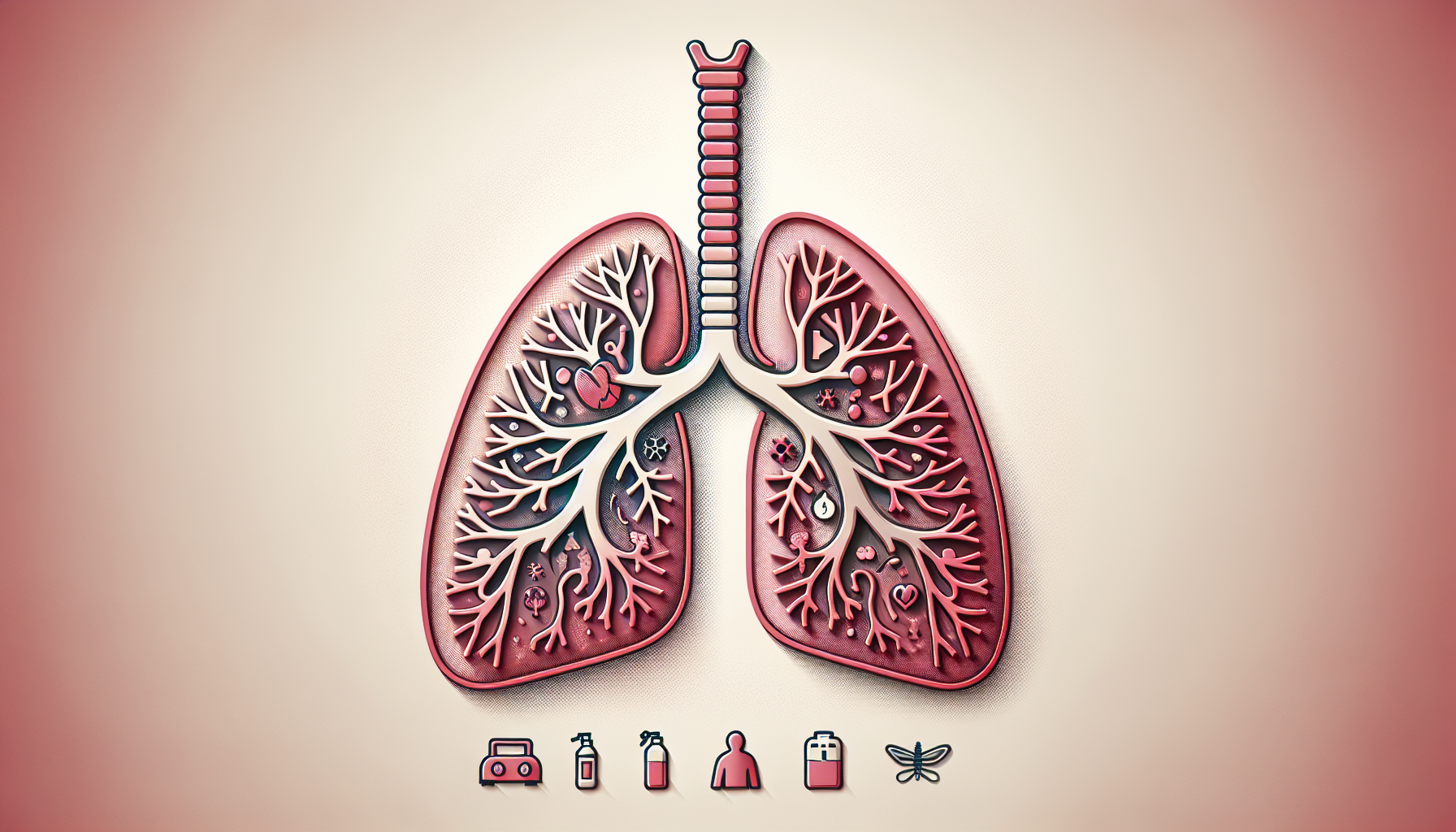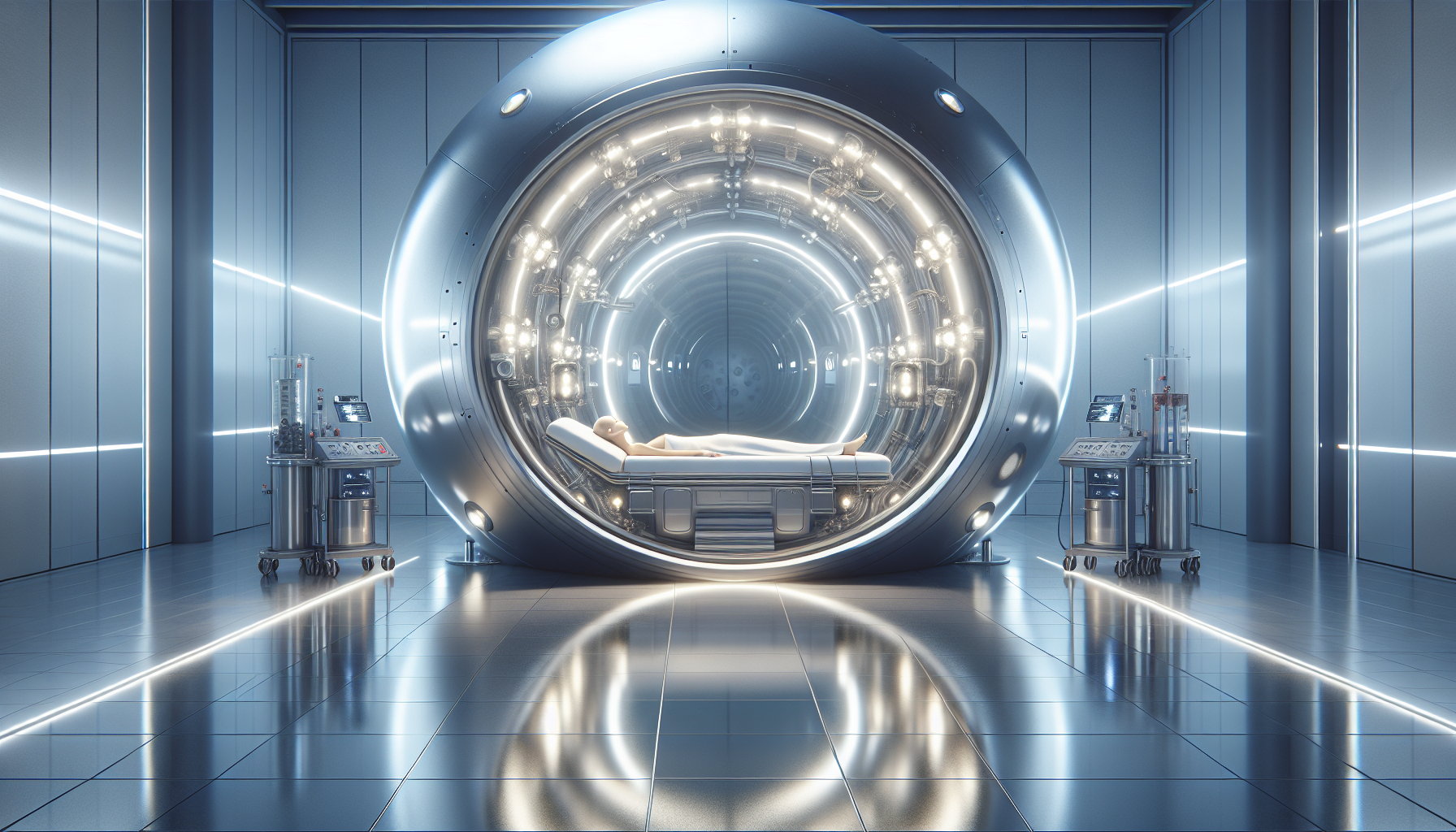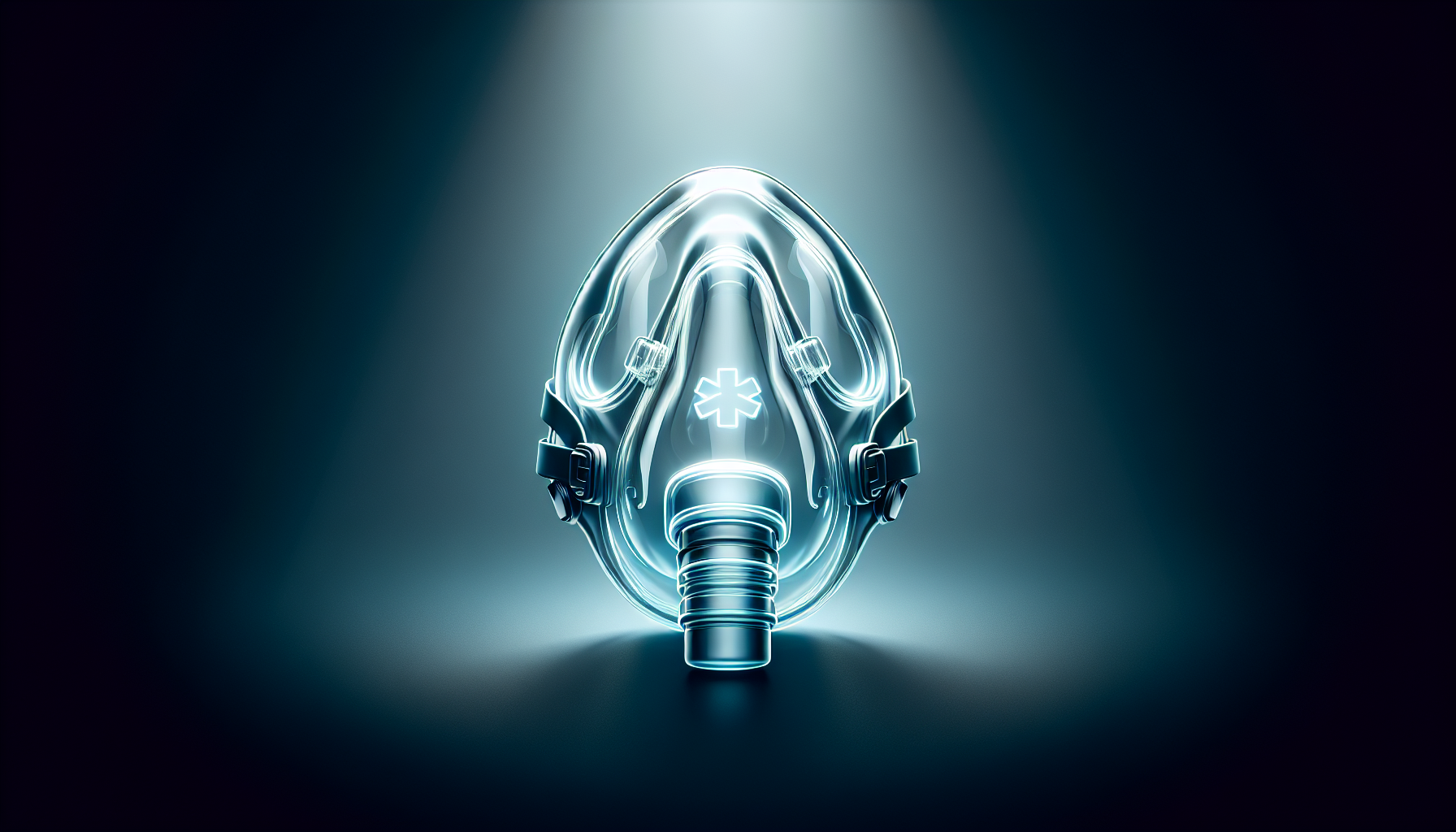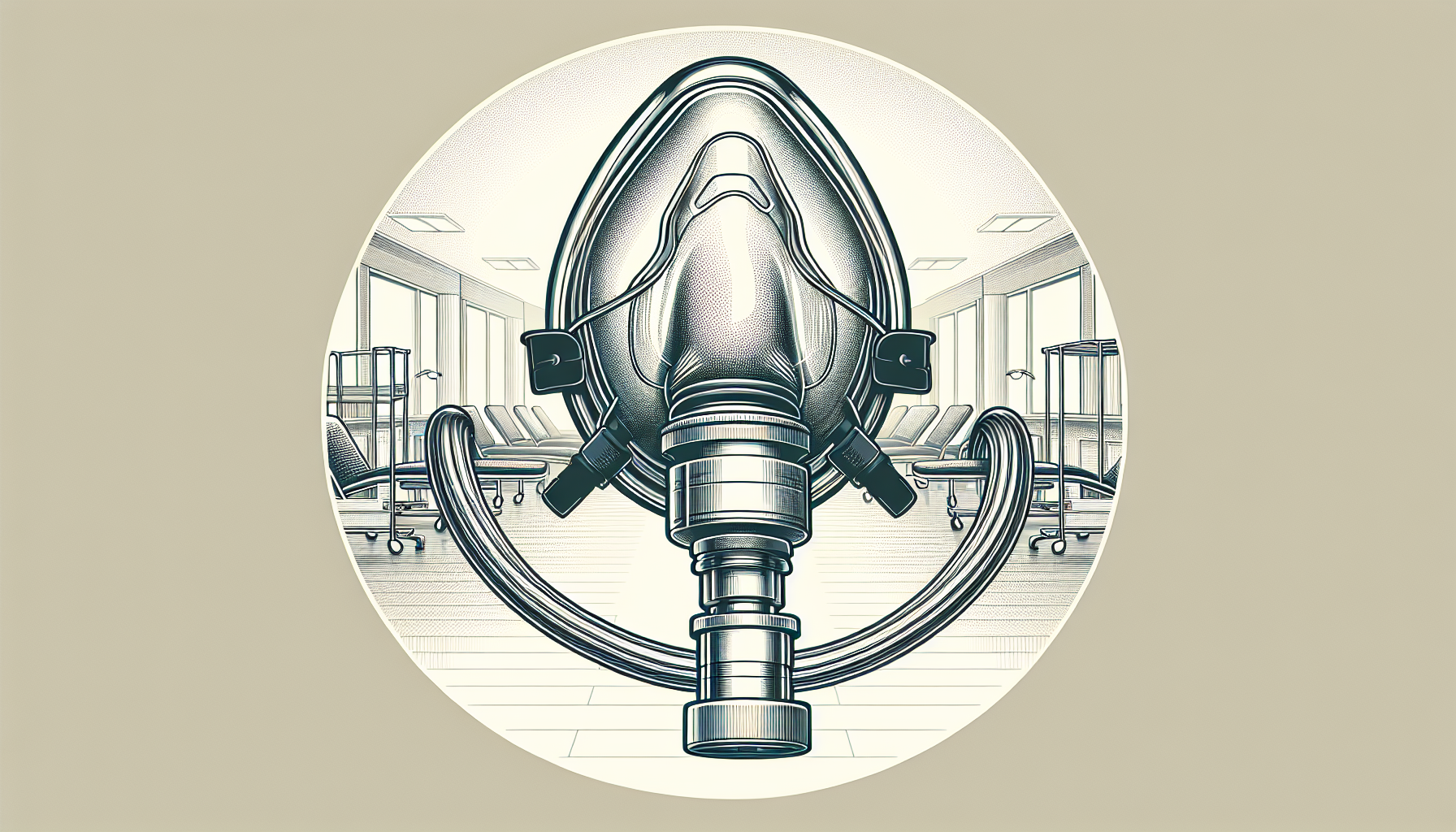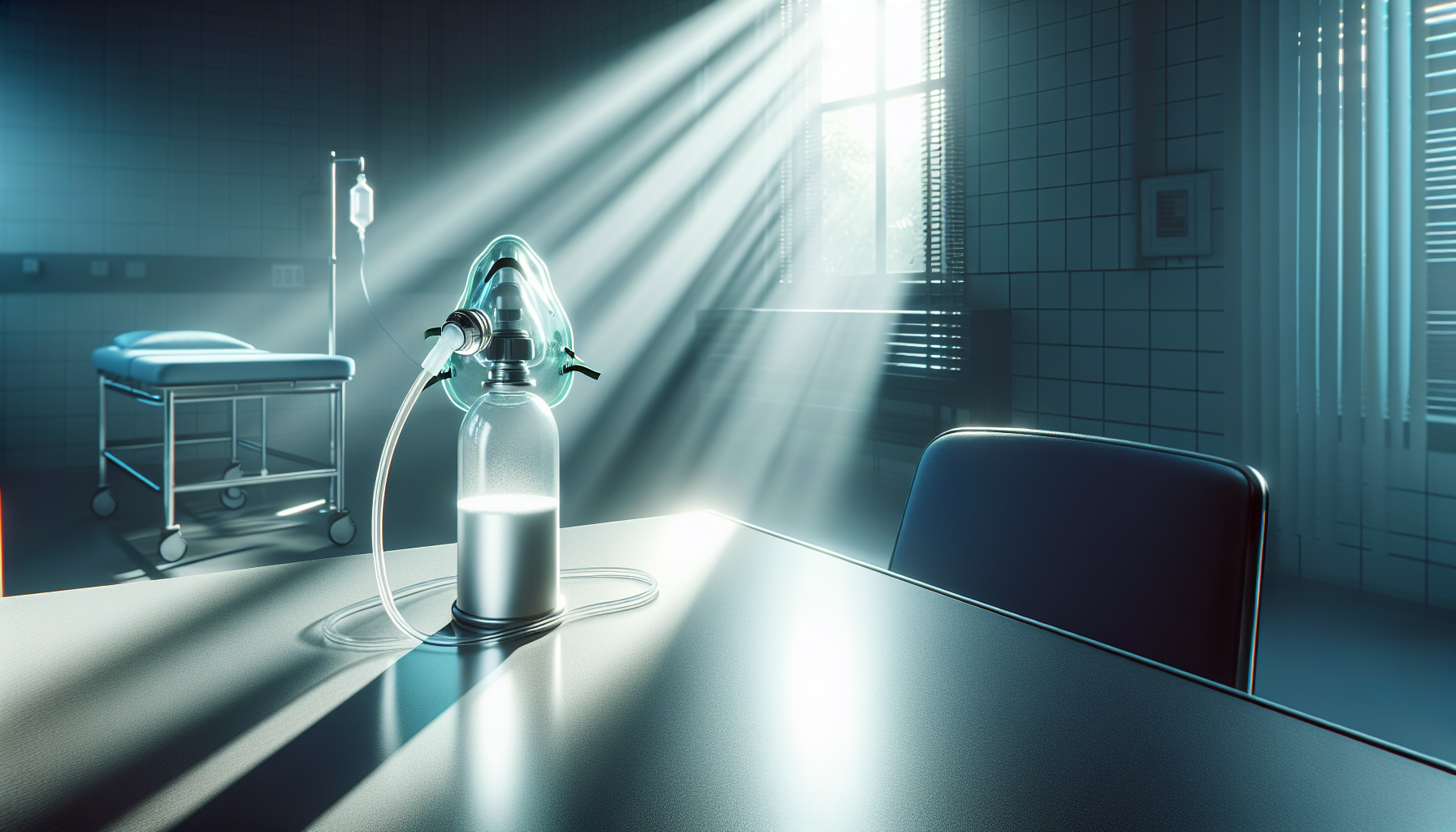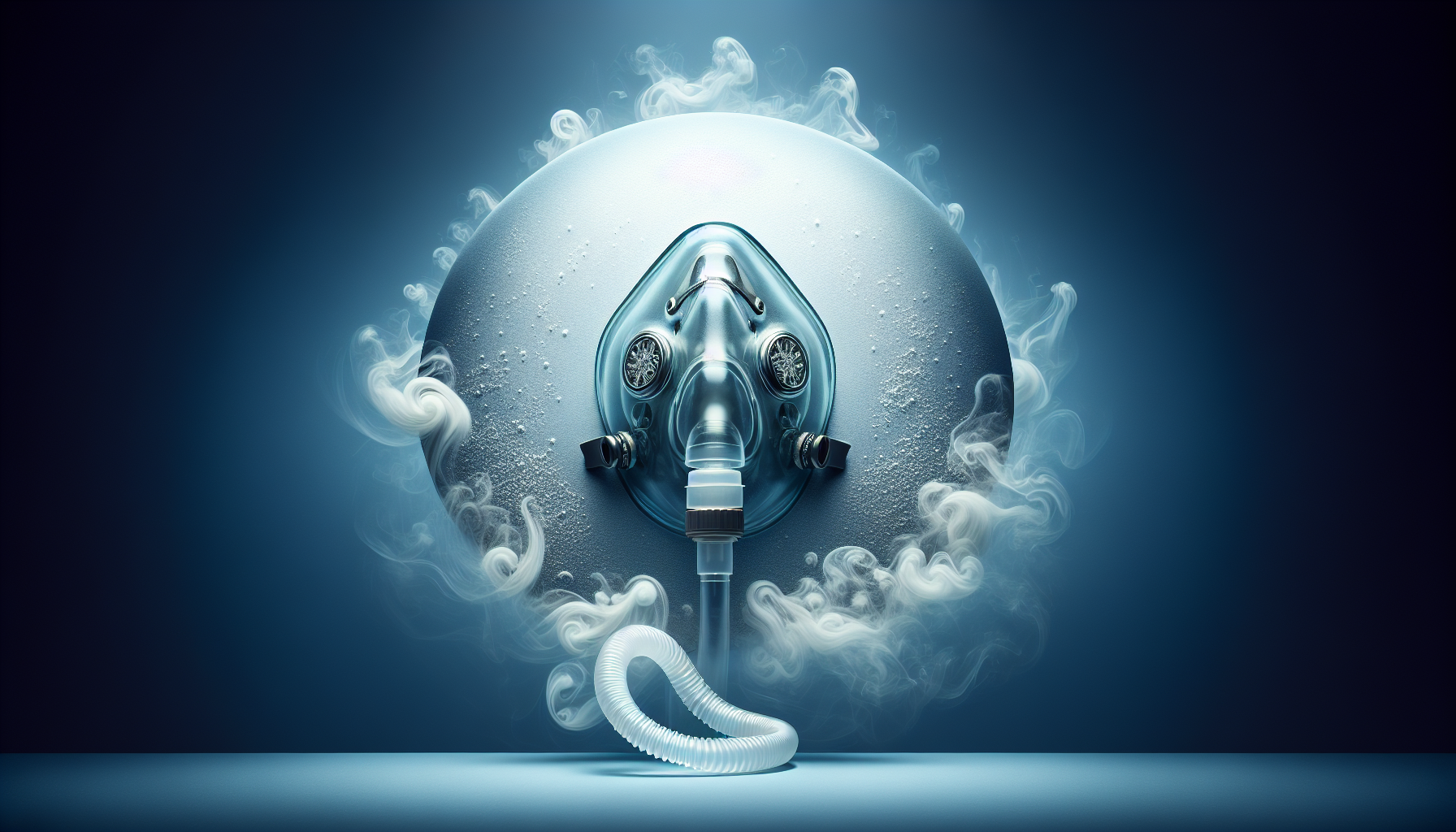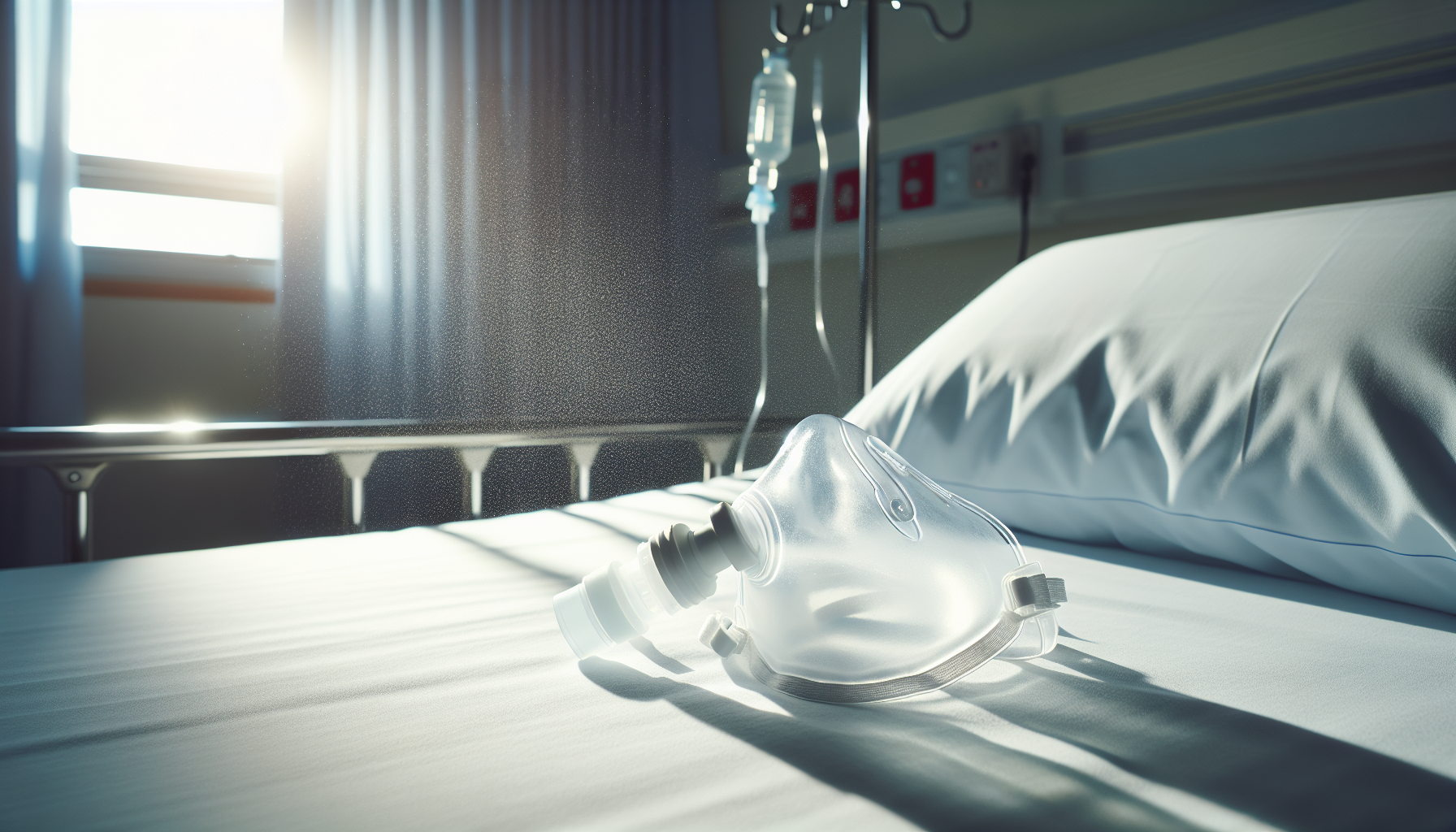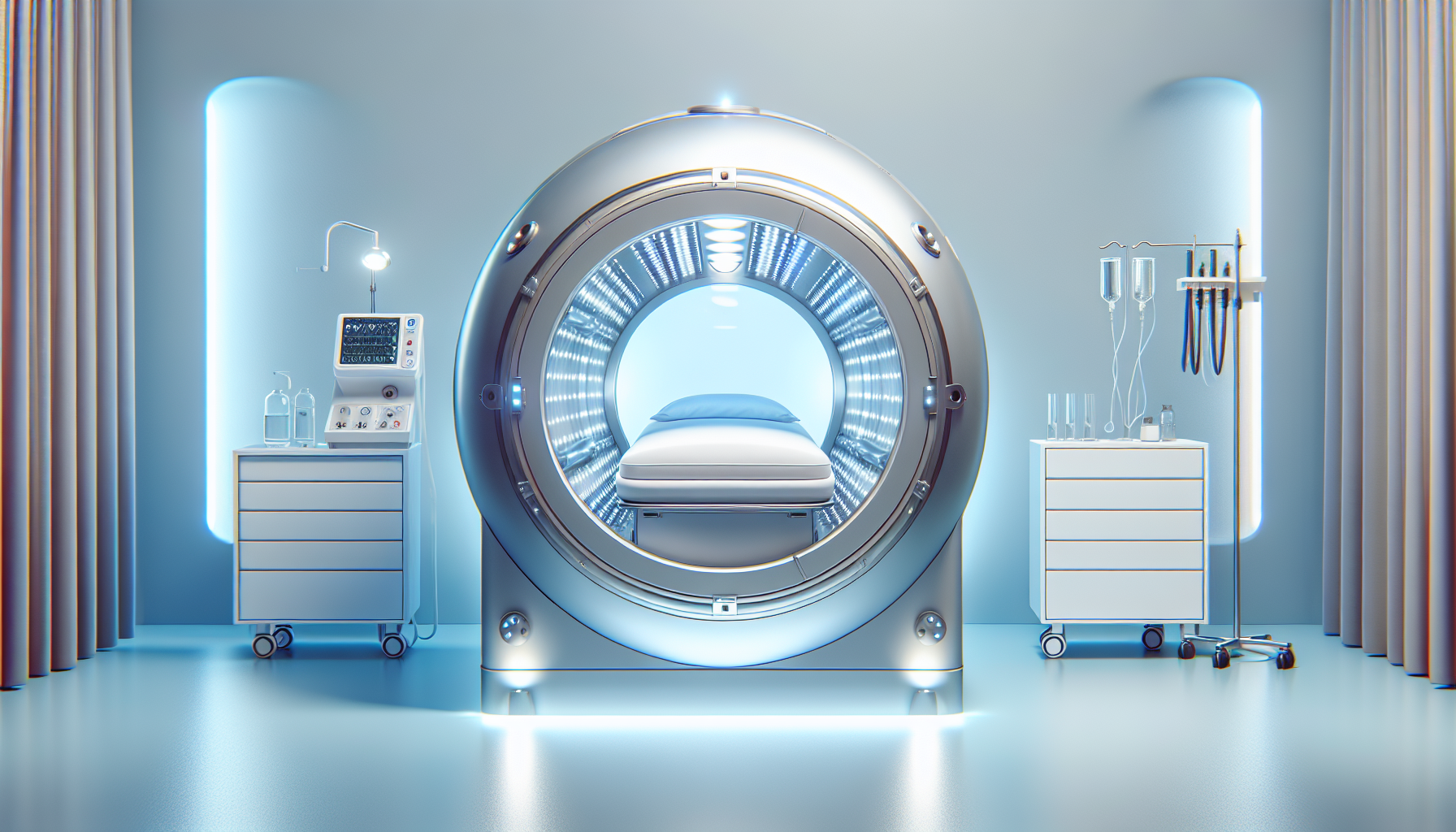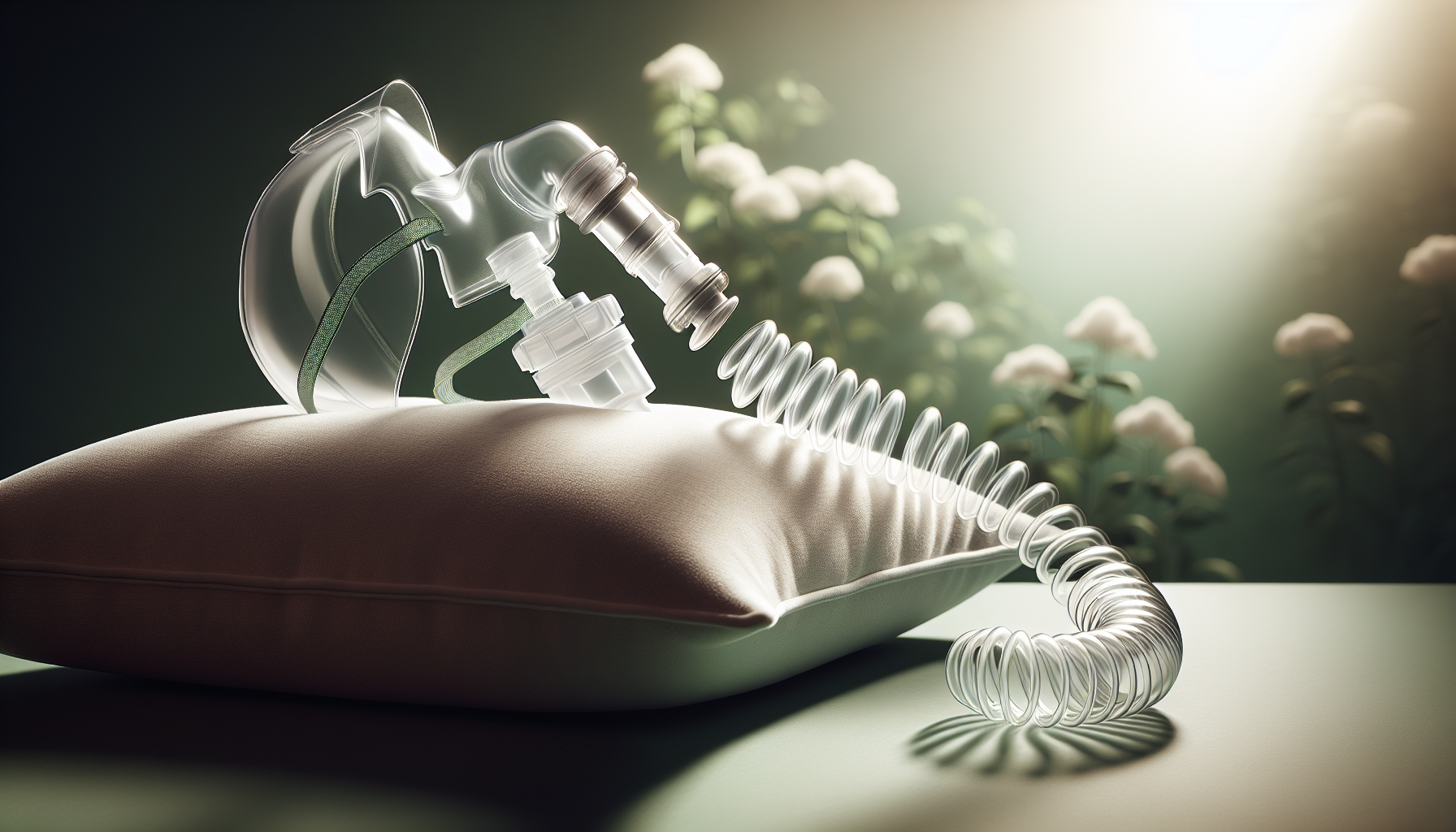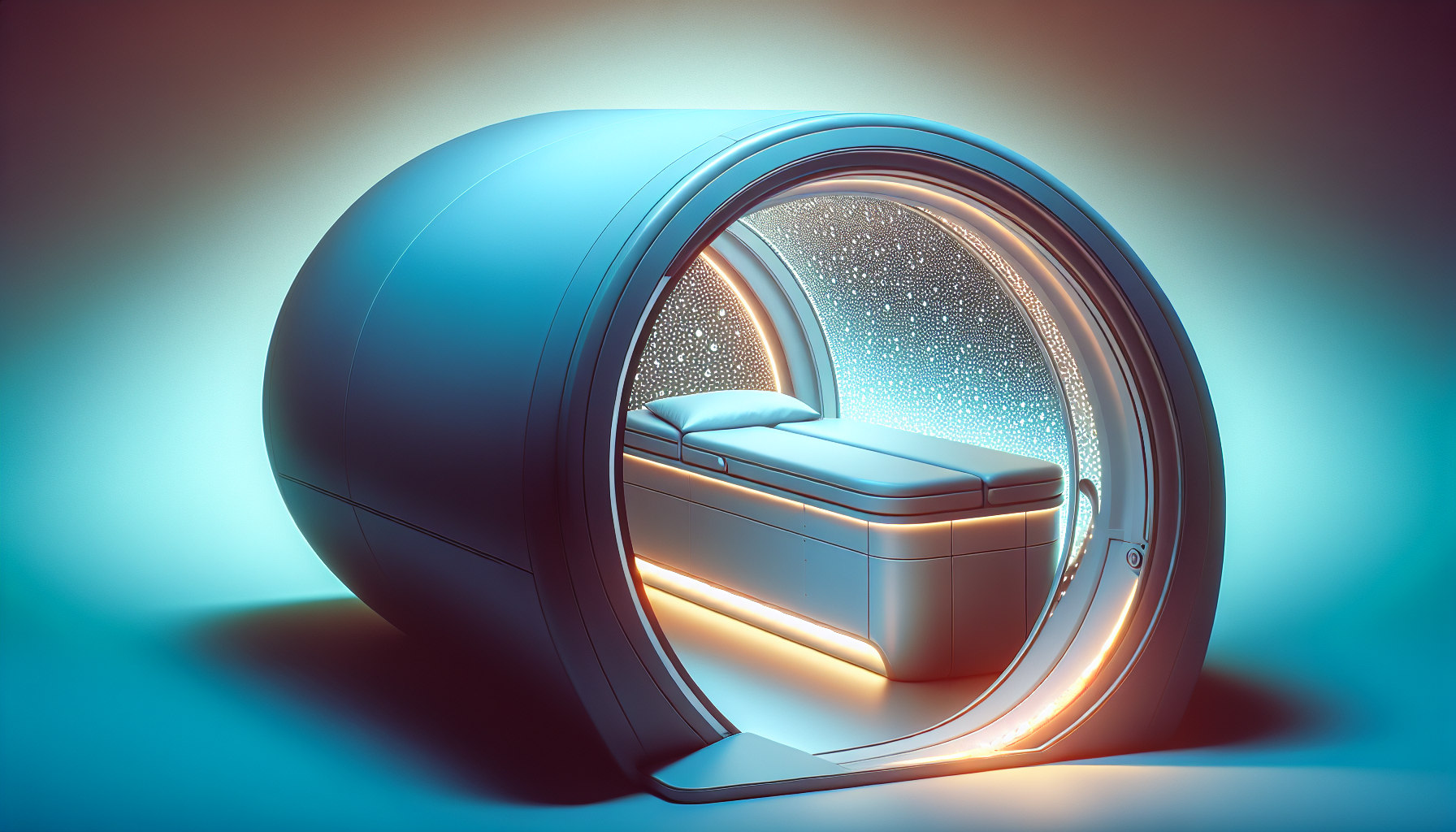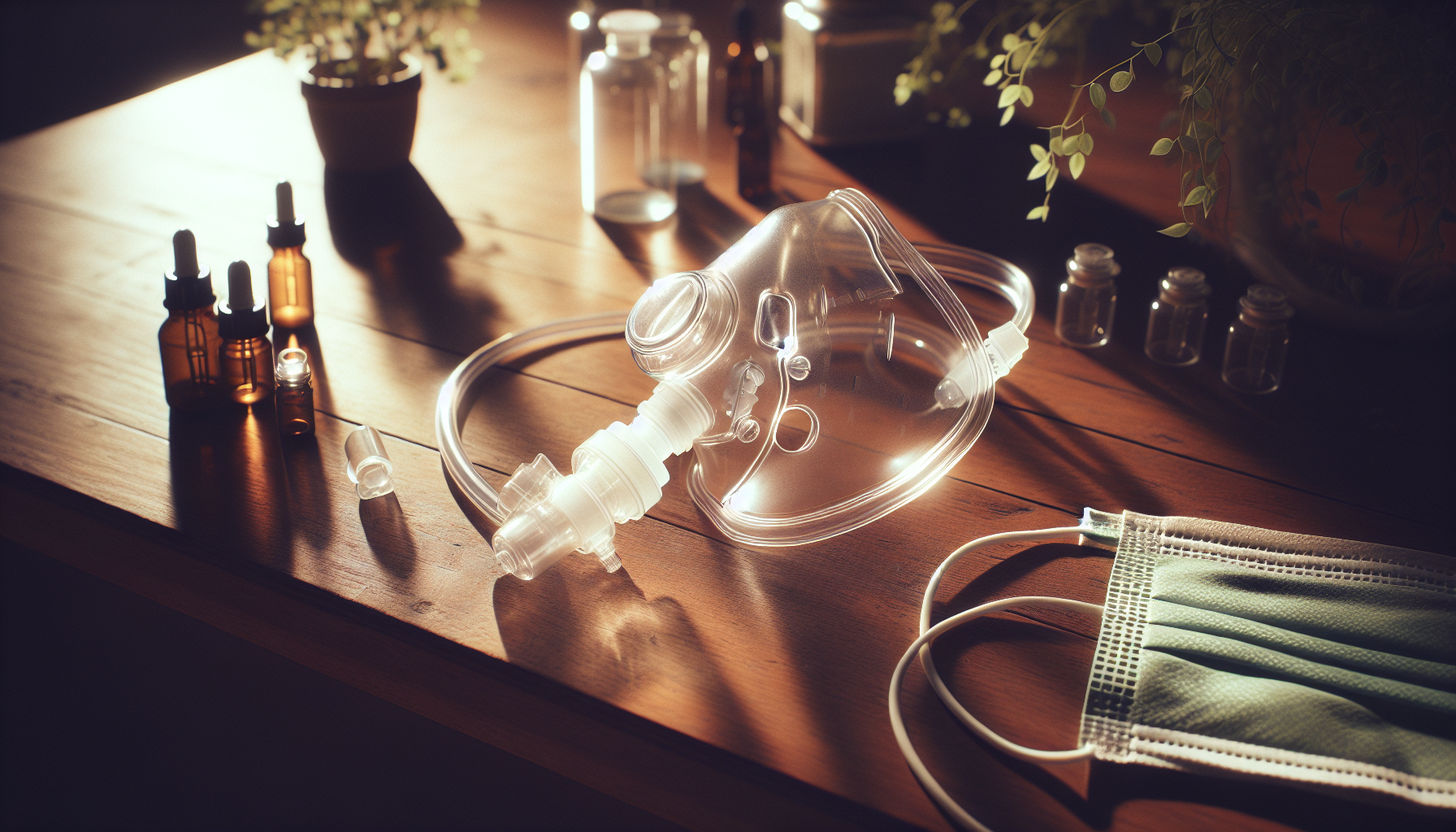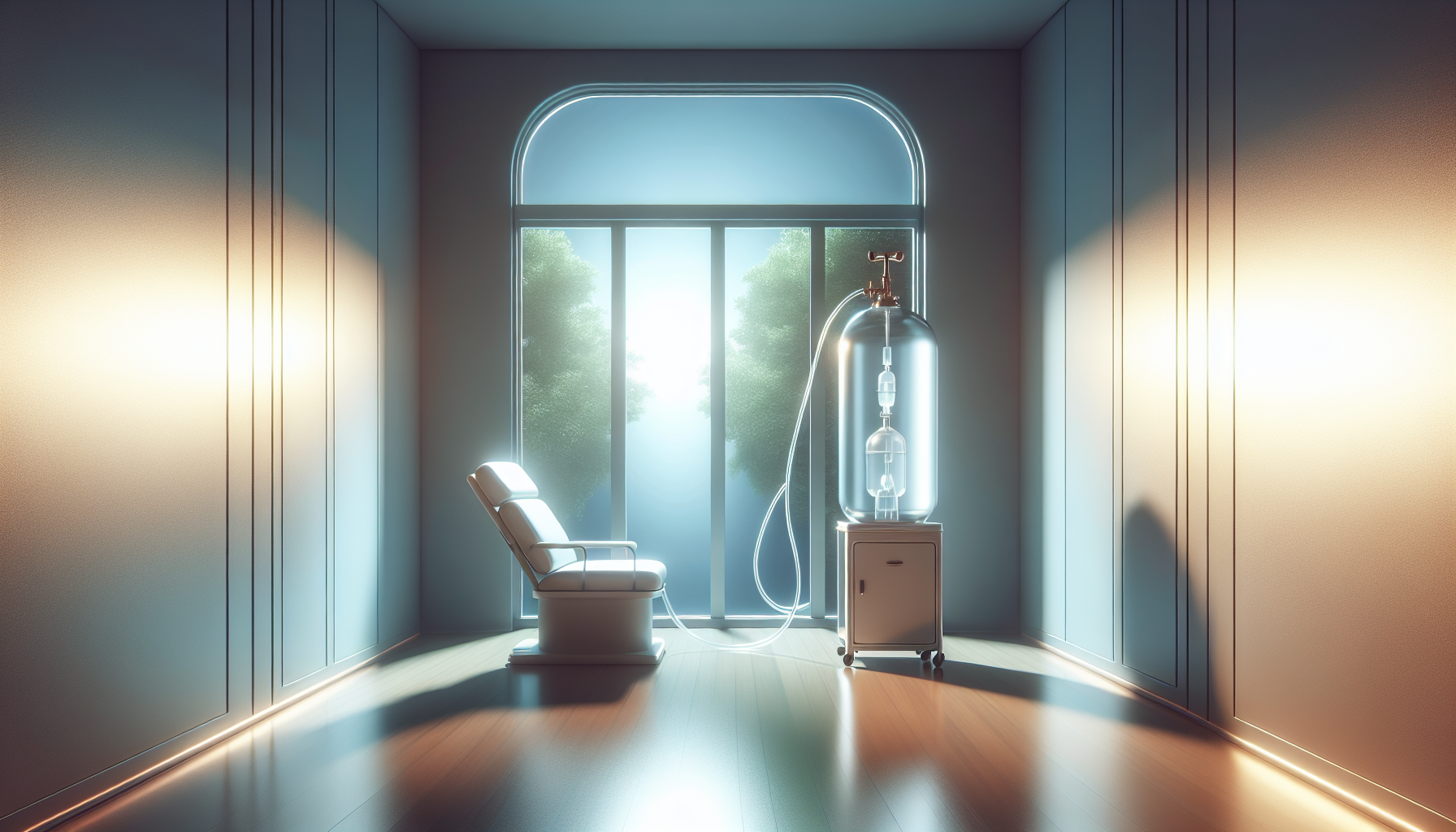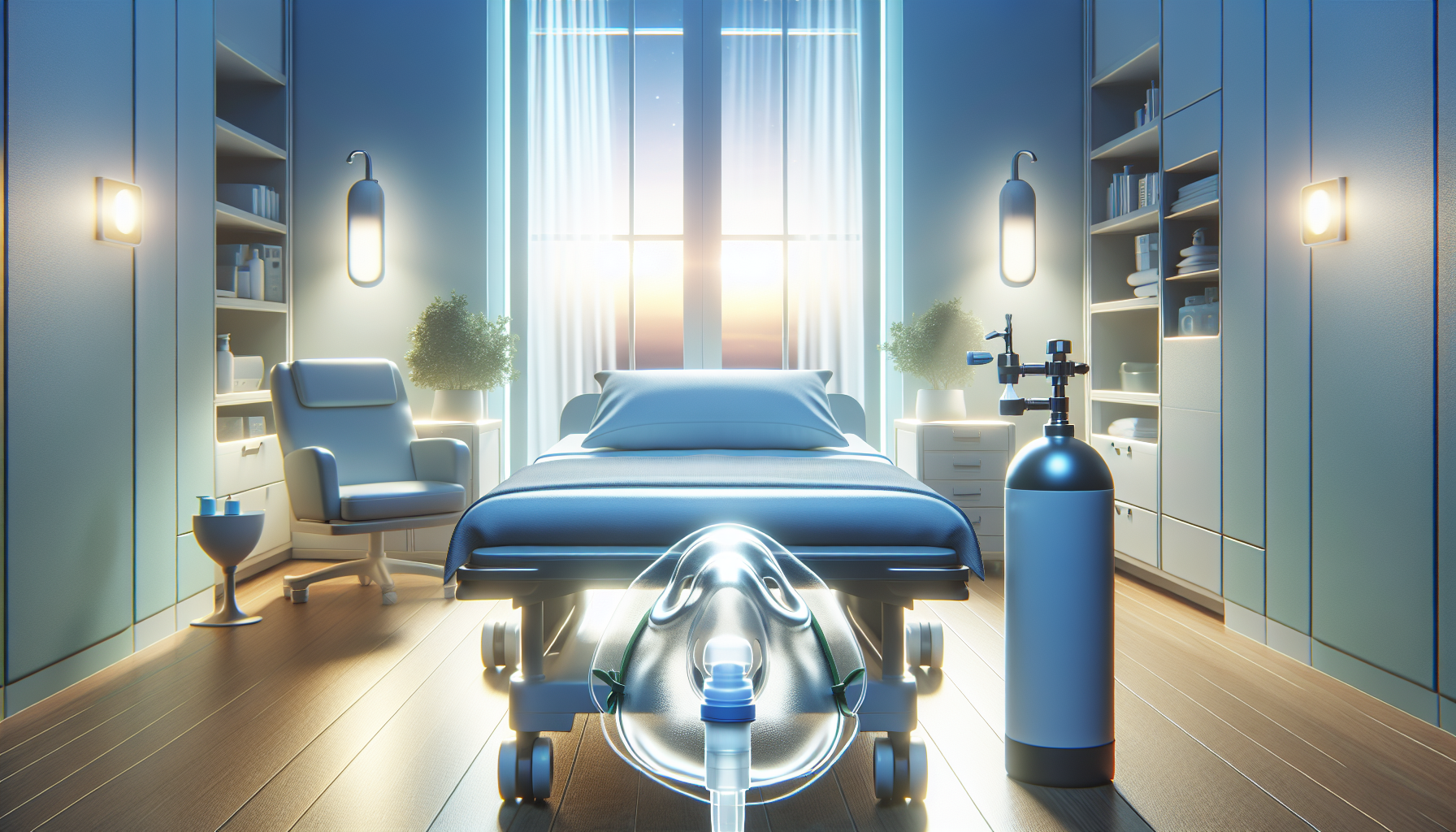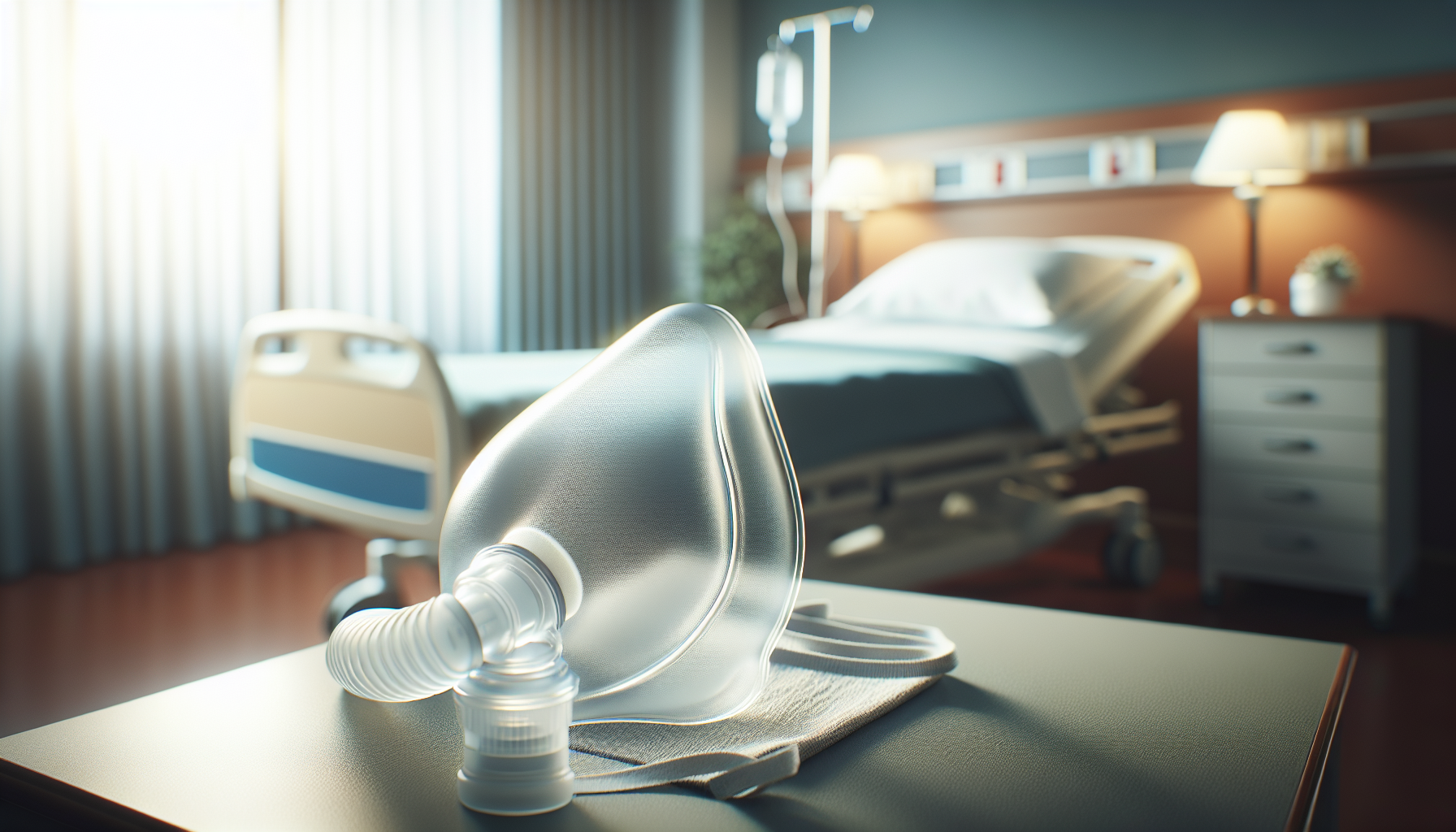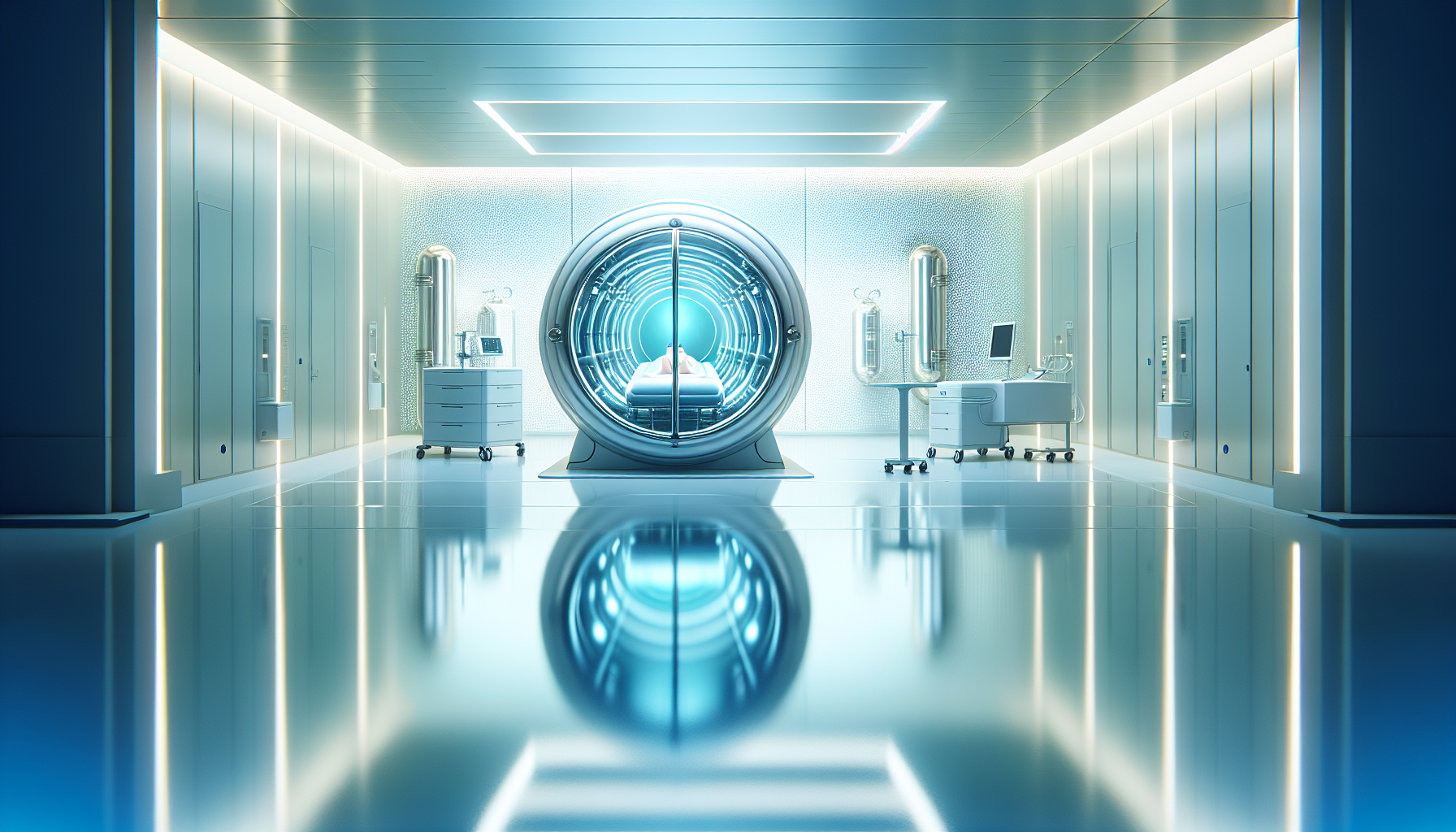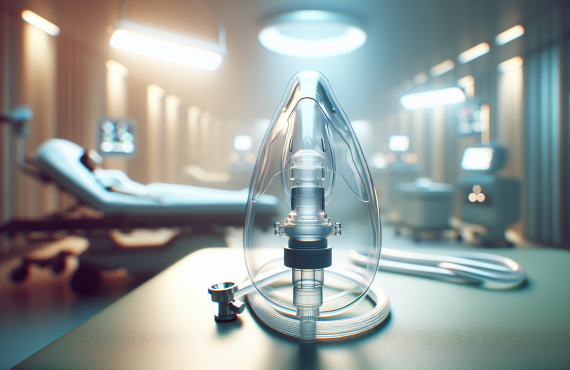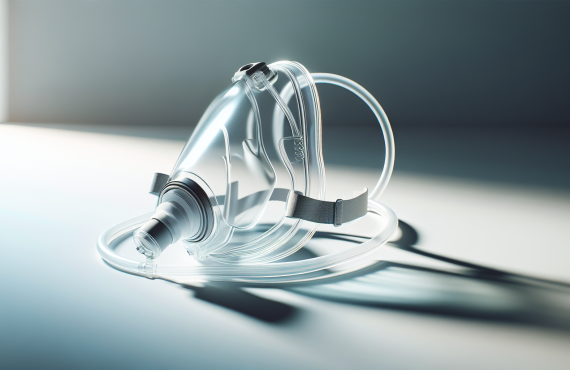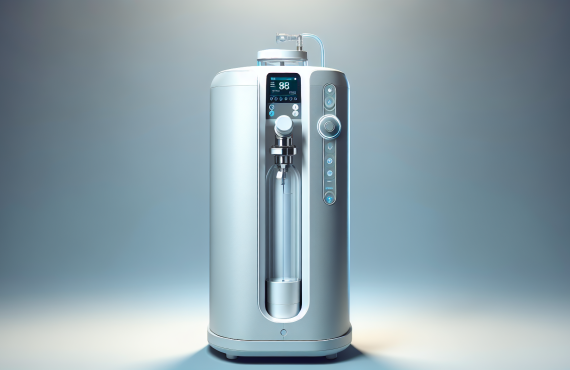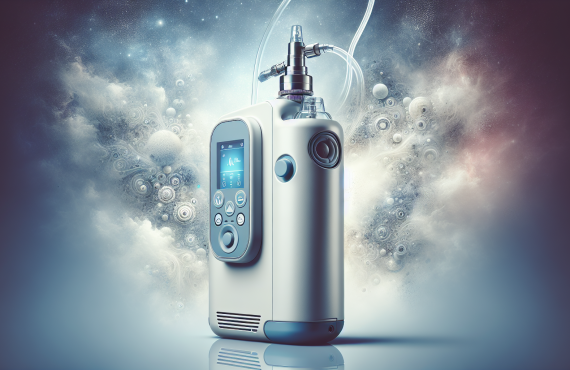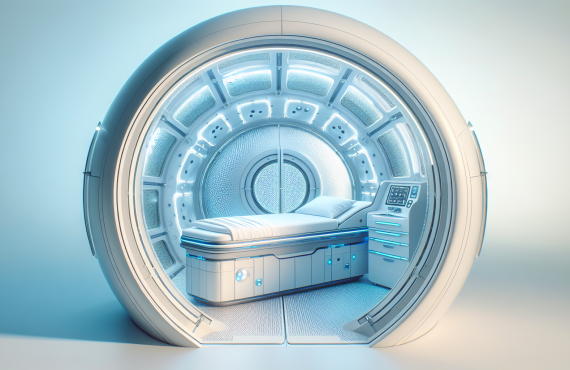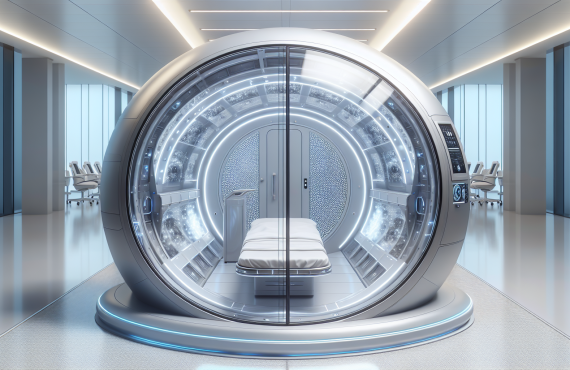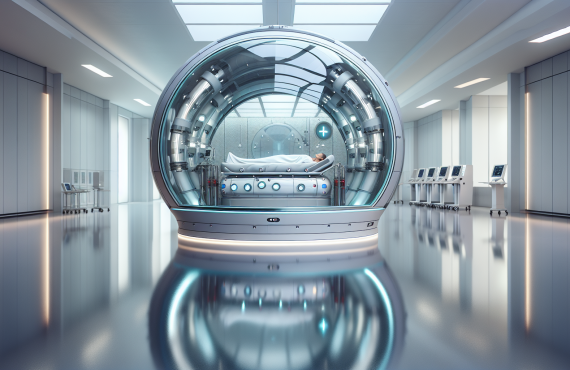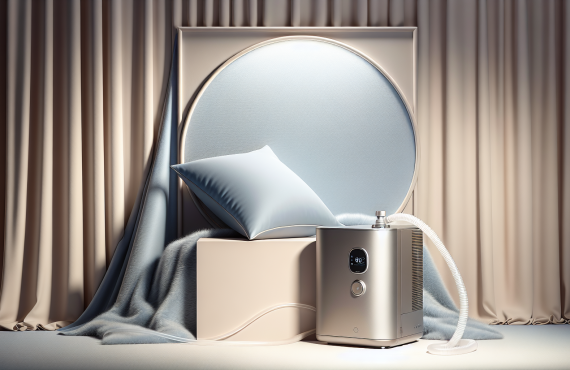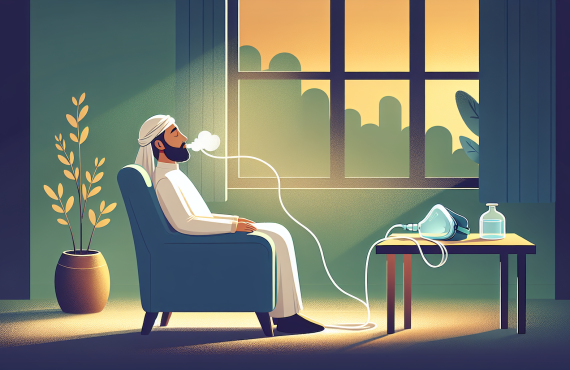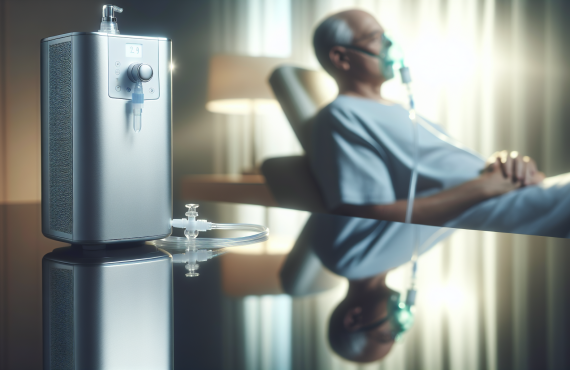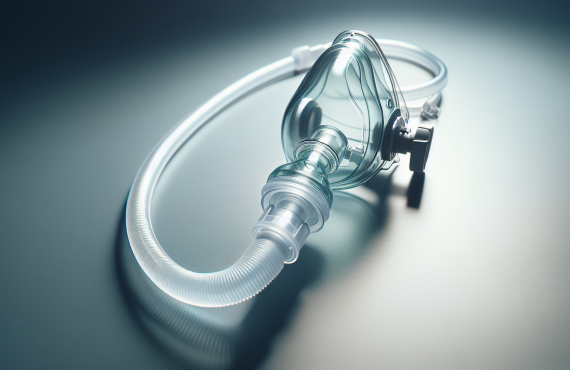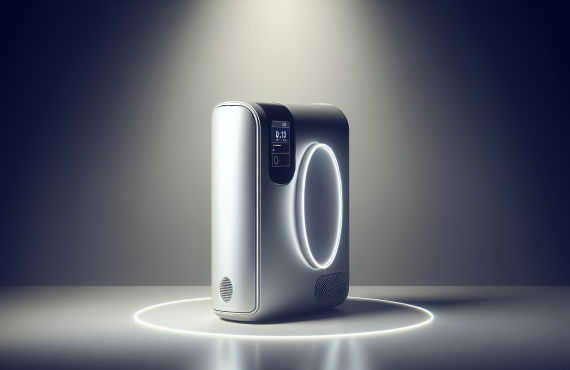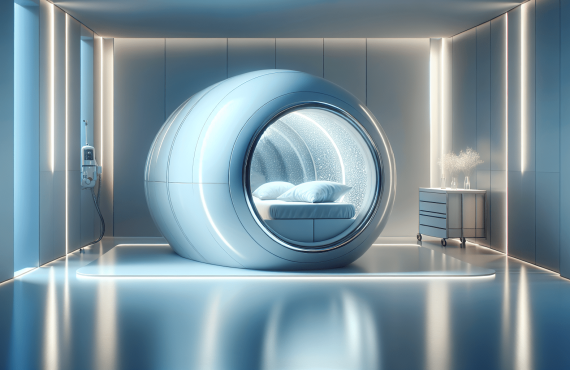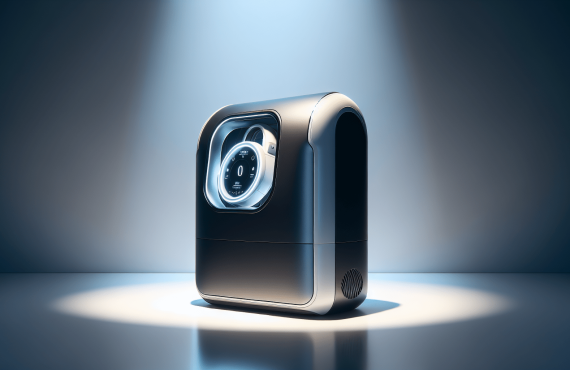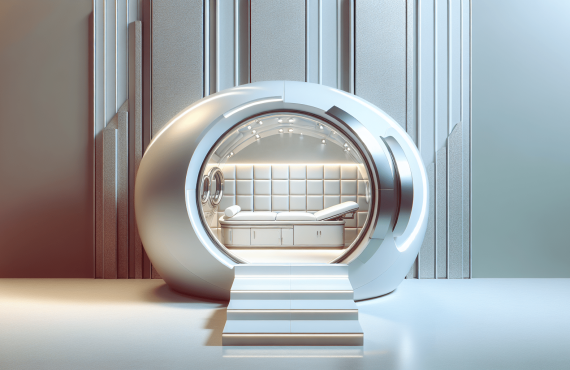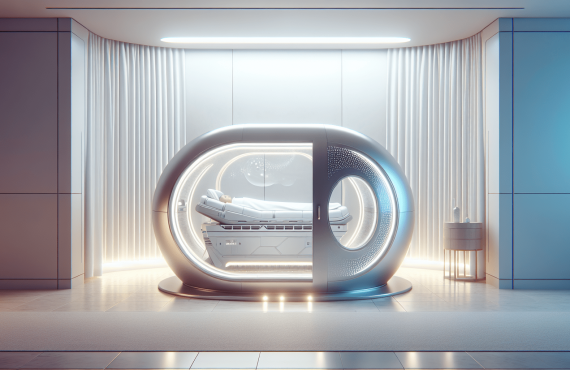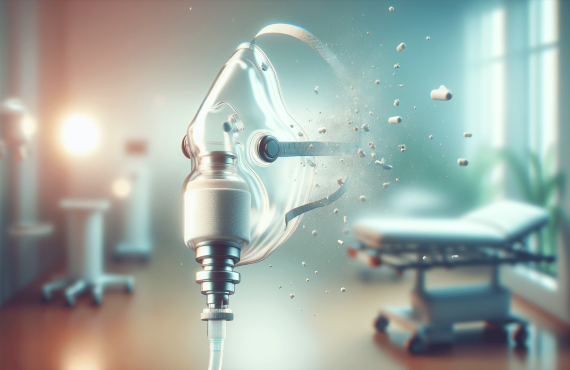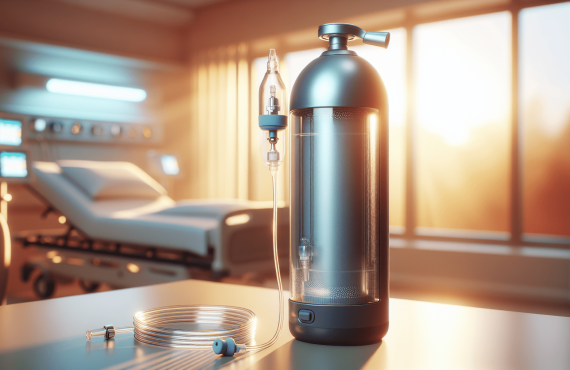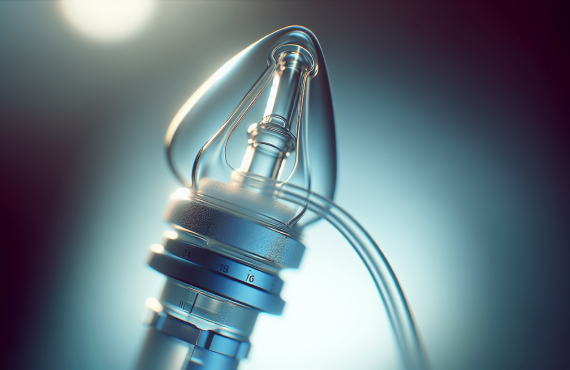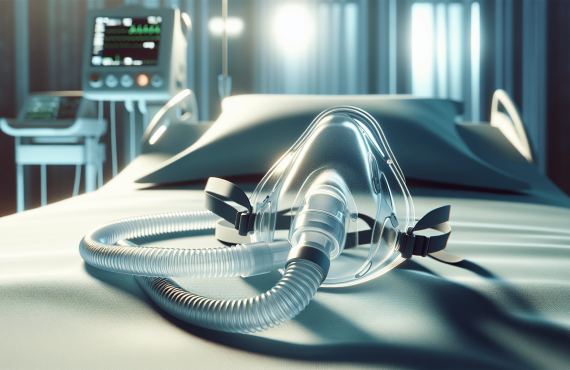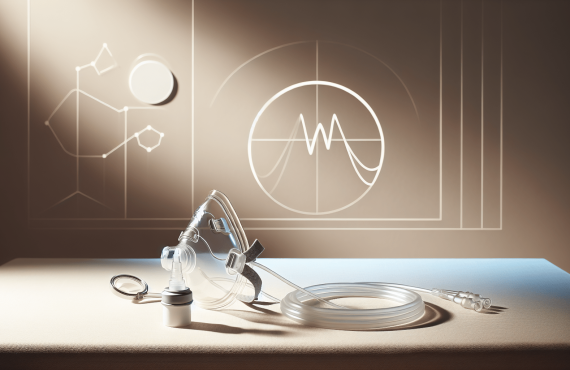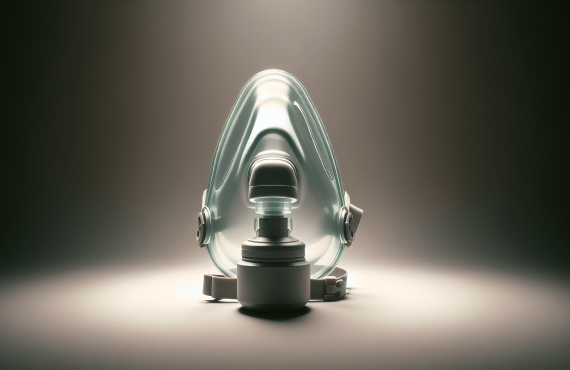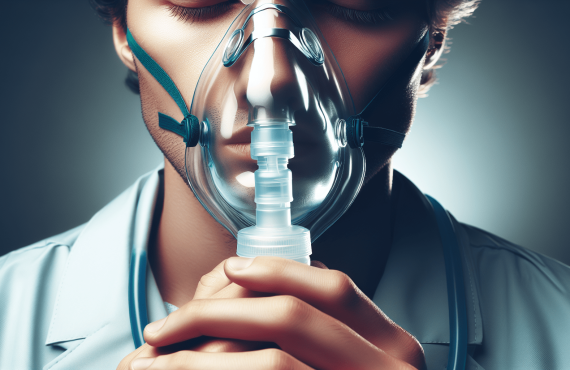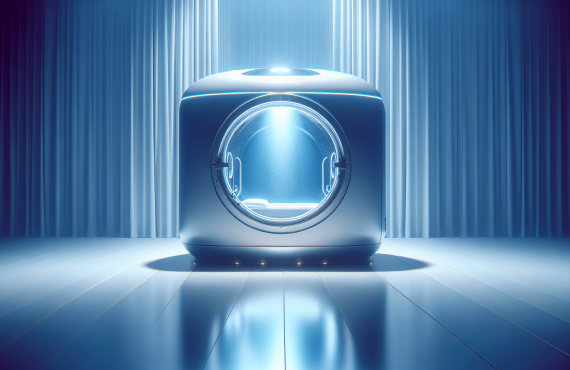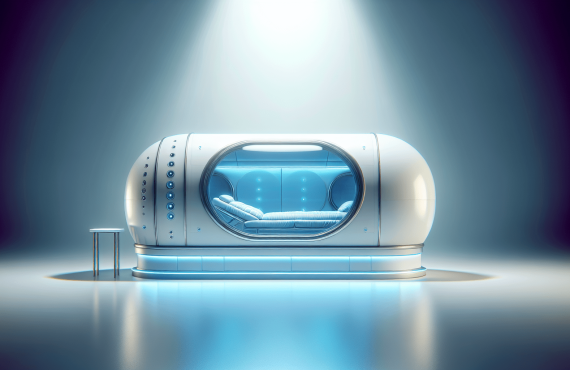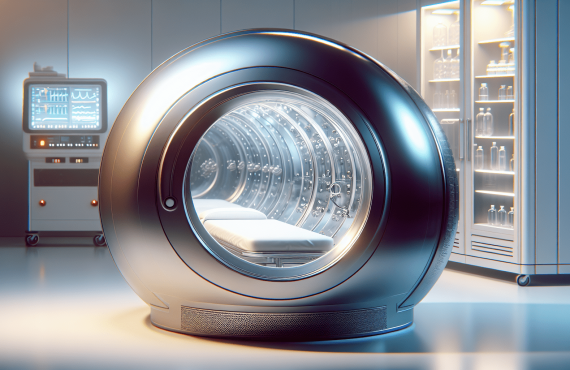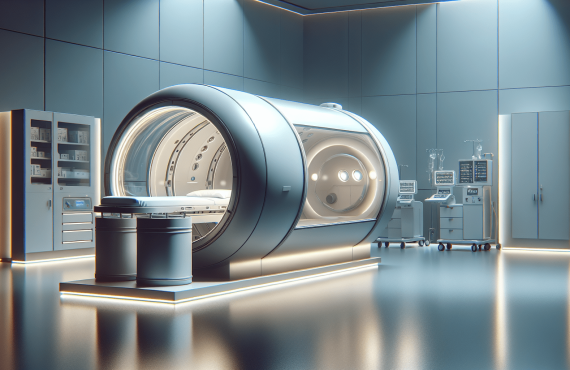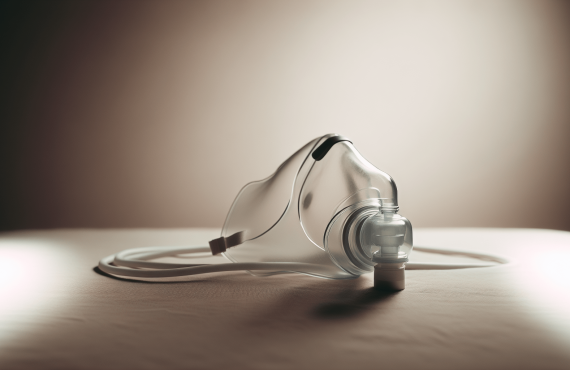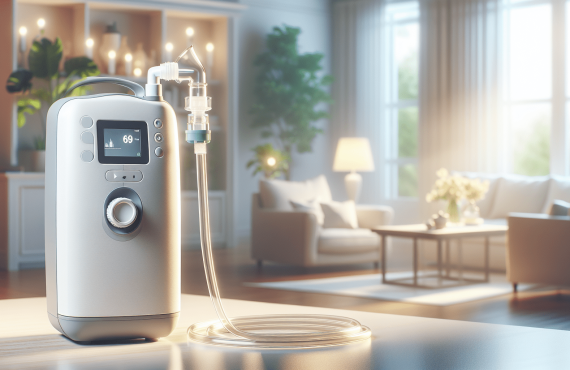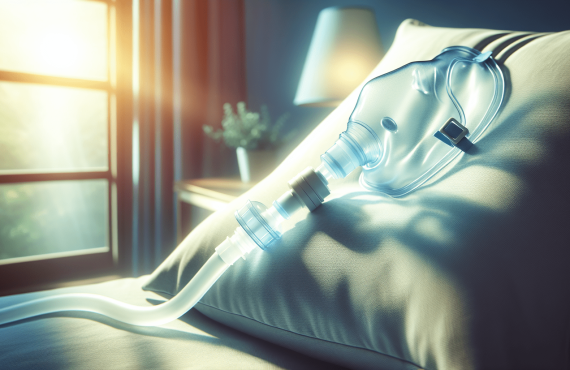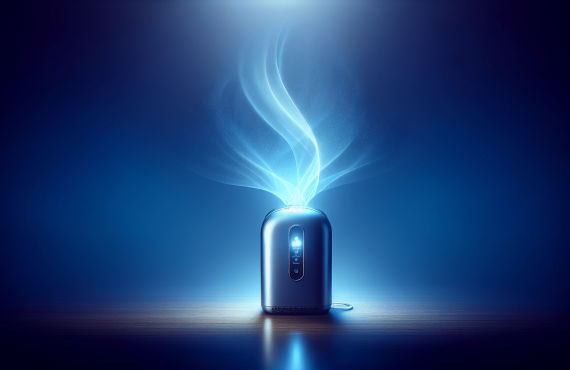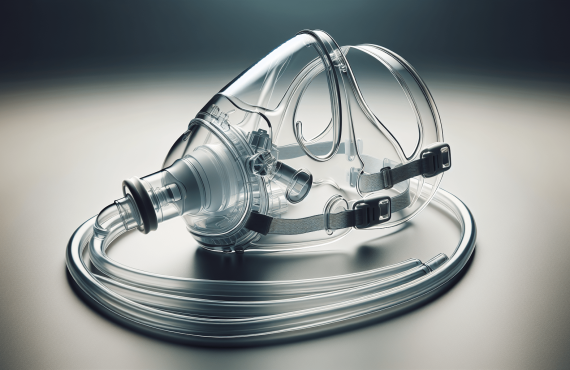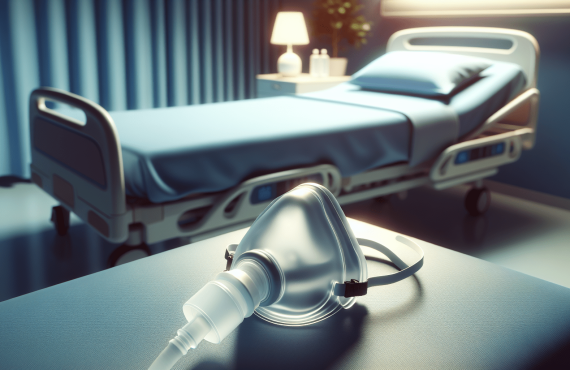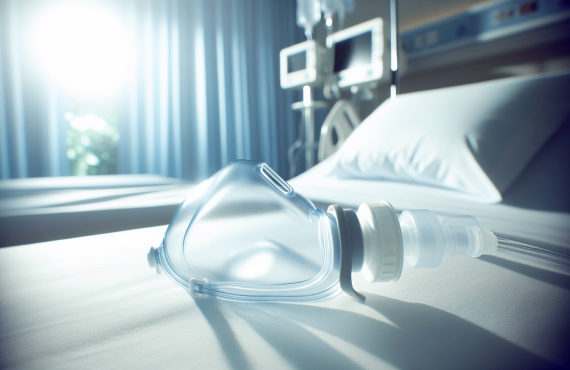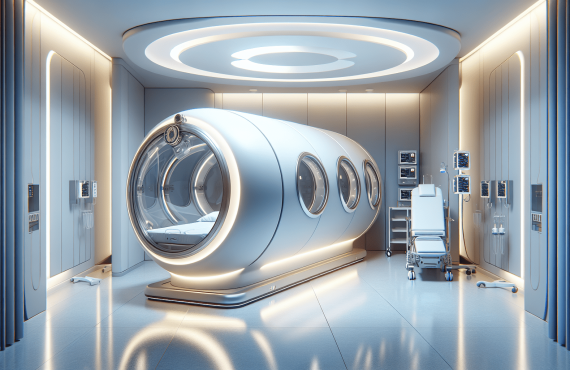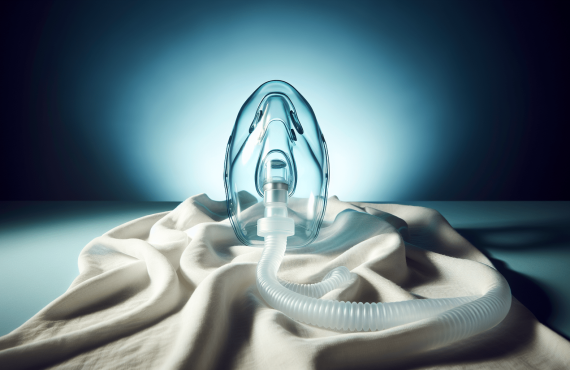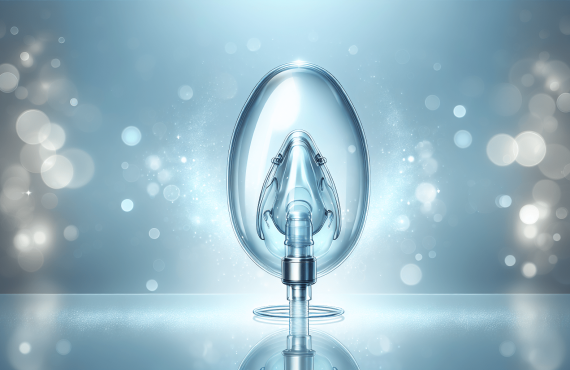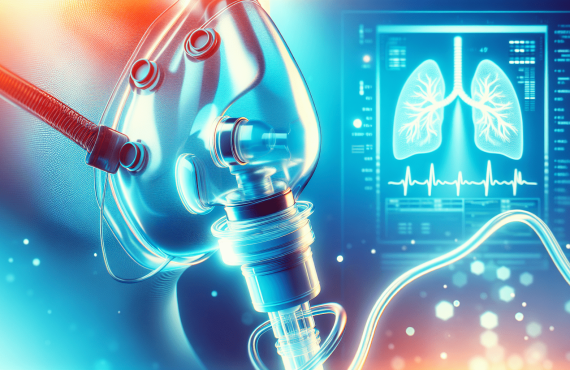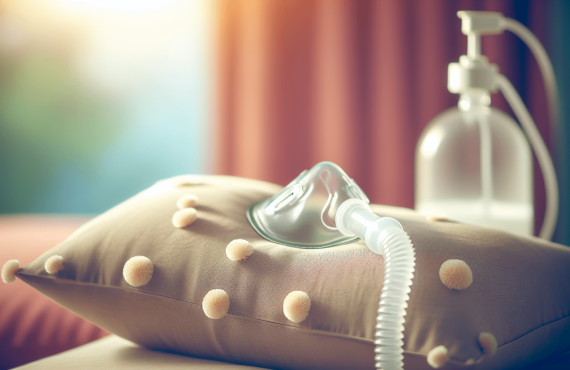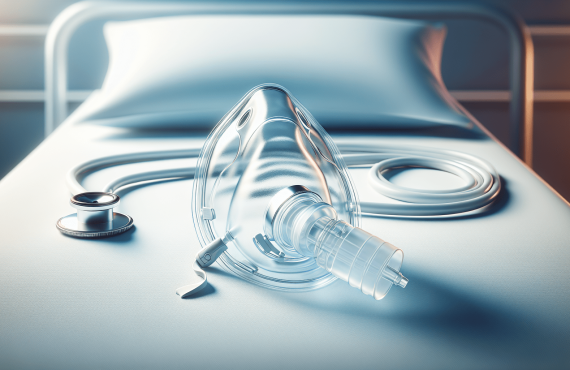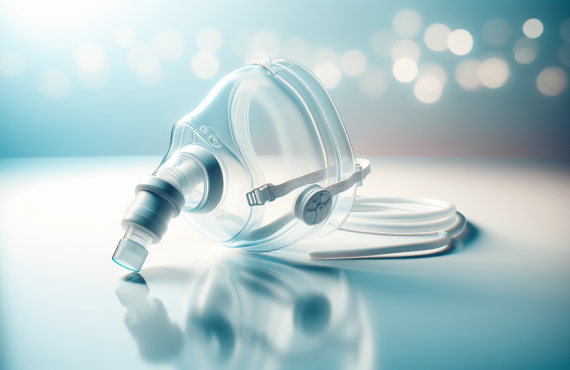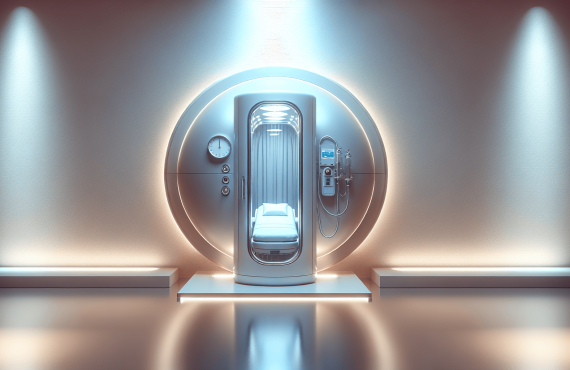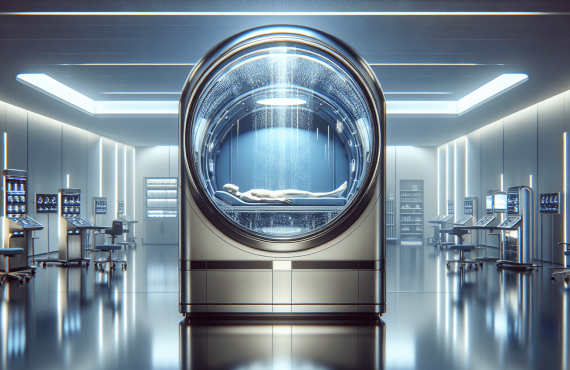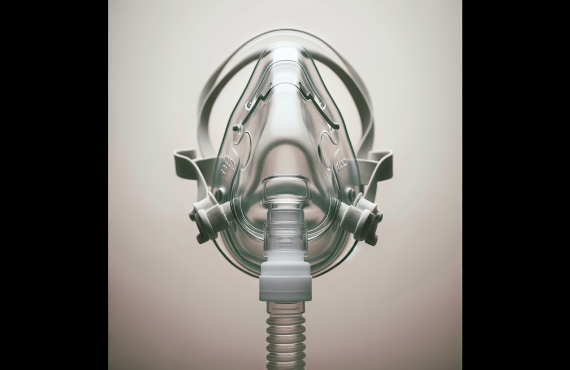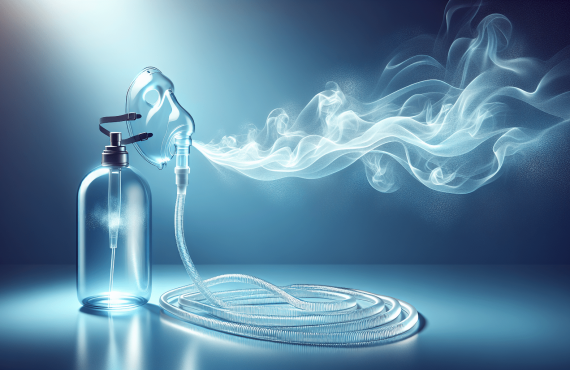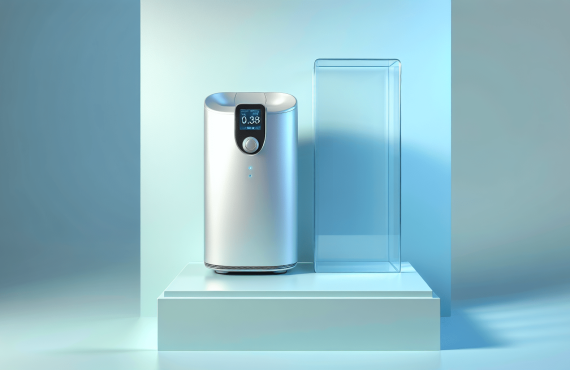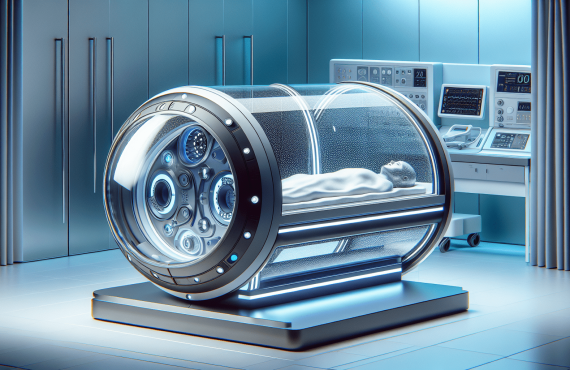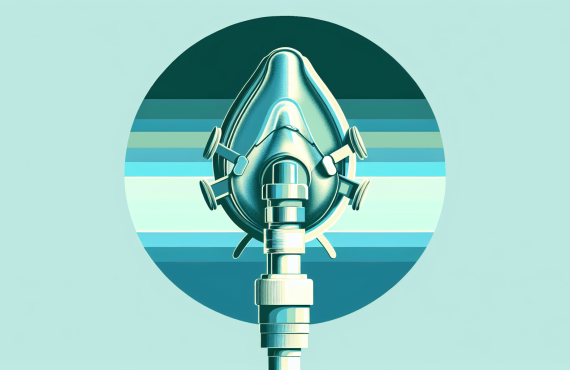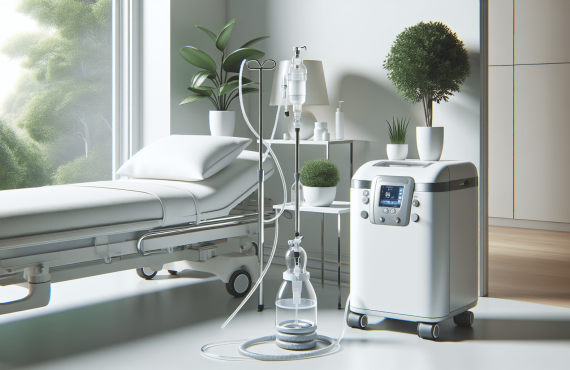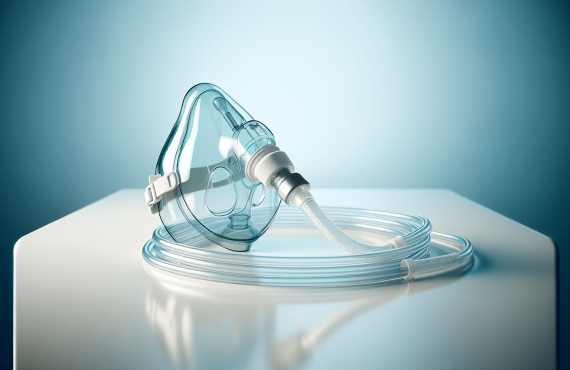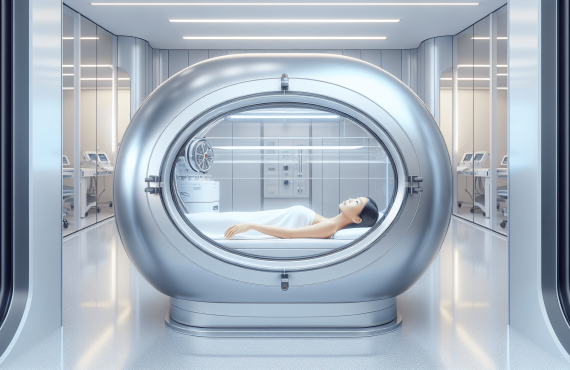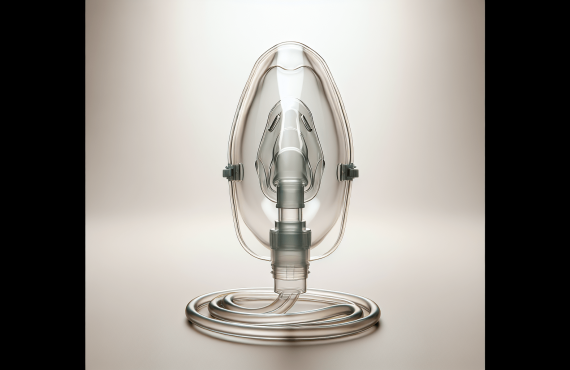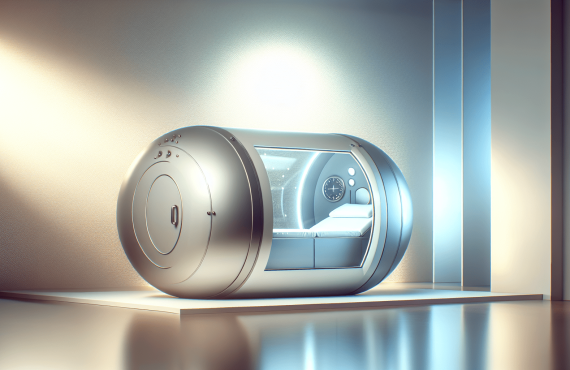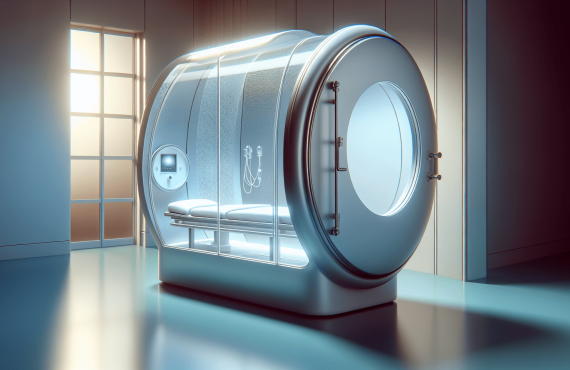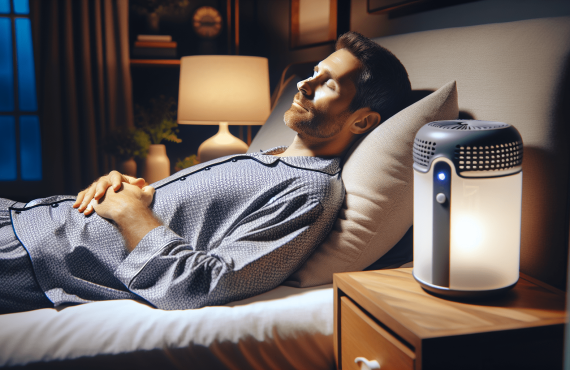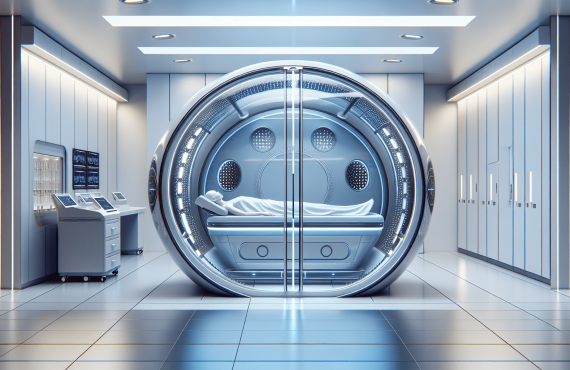Have you ever thought about the risks involved with using oxygen at home? While oxygen therapy at home can be a lifesaver for many individuals with respiratory challenges, it comes with its share of responsible handling and safety measures. With words as simple as the pie you can’t agree on at Thanksgiving, let’s explore this topic further and look at ways to be both safe and smart while getting the benefits you need.
Table of Contents
Understanding Home Oxygen Therapy
To start, what exactly is home oxygen therapy? It’s a treatment that delivers extra oxygen for use when your lungs can’t get enough of it naturally. This therapy suits various medical conditions like Chronic Obstructive Pulmonary Disease (COPD), heart failure, cystic fibrosis, or severe asthma. But like any worthwhile endeavor, it doesn’t come without its potential risks and precautions.
How Does Home Oxygen Therapy Work?
Home oxygen therapy involves the use of devices like oxygen concentrators or tanks. These devices increase the amount of oxygen in the air you breathe, making it easier for oxygen to reach your blood and organs. Imagine sipping air from a perfect garden hose—not too much pressure but just enough to refresh your roses.
Why Use Home Oxygen?
For many, home oxygen therapy is a game-changer. It helps improve energy levels, sleep quality, and overall quality of life. By maintaining an appropriate oxygen level in your blood, it can also support vital organ function.
Potential Risks
Despite its benefits, oxygen therapy at home isn’t without certain risks. Like a double-edged sword, these risks can change the game if not considered properly.
Fire Hazard
Oxygen is not flammable in itself, but it supports combustion. This means materials burn hotter and faster around it. If you ever needed a reason not to smoke inside, here it is—a cigarette near your oxygen tank can ignite faster than you can ask, “Is this safe?”
Equipment Malfunction
Machines can be reliable until they’re not. Periodic checks and maintenance of devices are essential to prevent their rare, but possible, malfunction. Follow manufacturer instructions like they’re the last instructions to the last VCR in your attic.
Oxygen Toxicity
Too much of a good thing isn’t always better. Overuse of oxygen can lead to toxicity, which can damage your lungs and central nervous system. This is why you should adhere to prescribed levels to avoid complications. Remember: moderation is key, even in breathing.
Dry or Bloody Nose
Increased oxygen flow can dry out your nasal passages, sometimes causing nosebleeds. Humidifiers or nasal sprays recommended by your healthcare provider can make this side effect less of a bother, so your nose doesn’t go from feeling fine to looking like a crime scene.
Skin Irritation
Prolonged use of nasal prongs may cause irritation on your skin. This is your cue to clean and maintain your equipment regularly. Consider it a simple Sunday ritual, with less coffee.
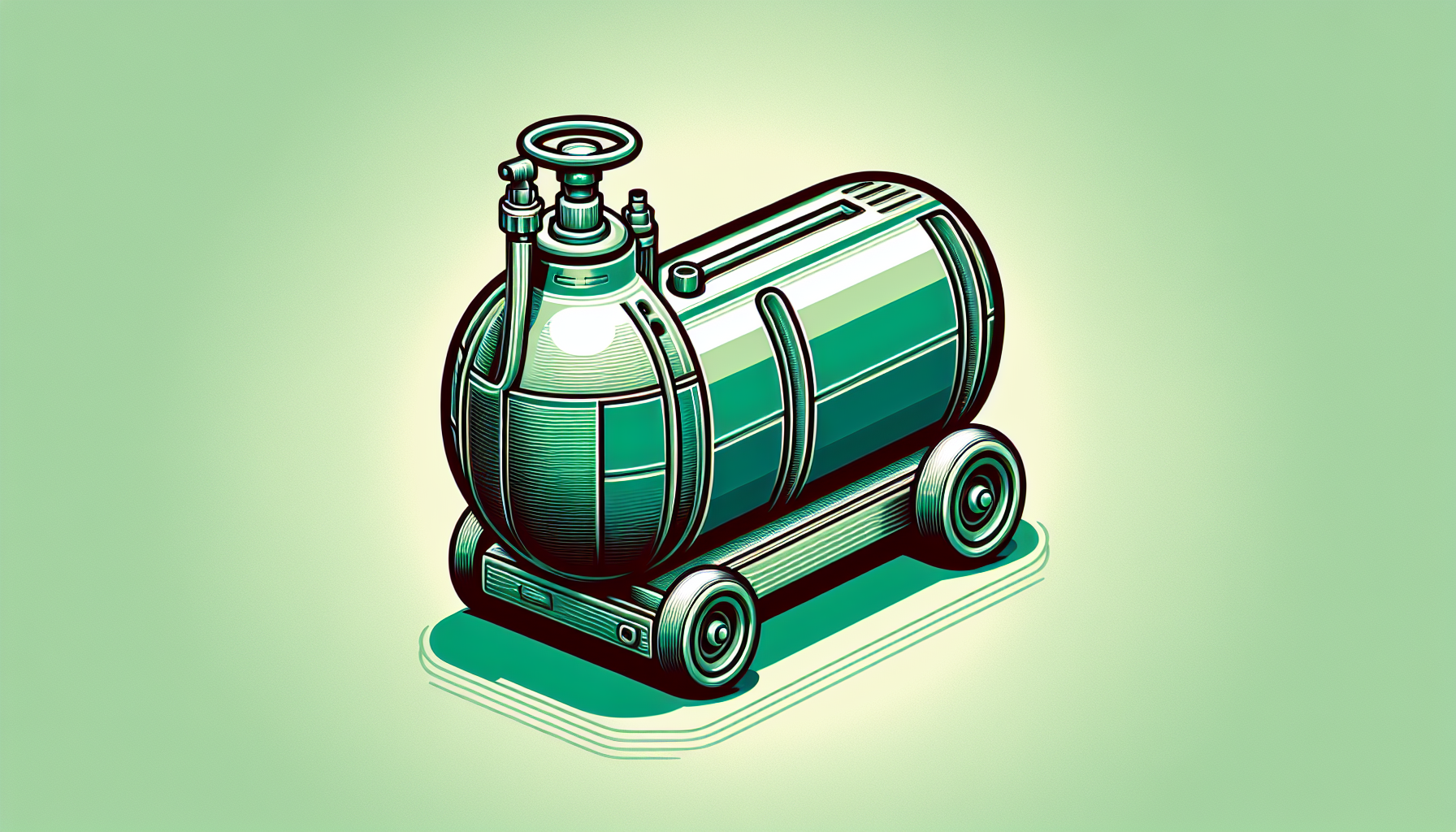
Safety Tips
Exploring the terrain of oxygen safety is like planning a neighborhood potluck—everyone needs to know what to bring. And by “everyone,” we mean you.
Regular Equipment Checks
If it feels like a day without pie, remember to regularly check your equipment for any signs of wear and tear. Engage a professional for maintenance; think of them as the person who always brings exactly the side dish you needed but didn’t ask for.
Avoid Open Flames
Oxygen and flame are not party pals. Avoid using candles, fireplaces, or cooking over an open flame while using oxygen. These are the guests who should not make the invite list.
Proper Storage
Store oxygen tanks upright in a well-ventilated area. Think of them as delicate people at a party—they need space and should never feel cornered.
Have An Emergency Plan
Always have a backup source of oxygen and a plan if your equipment fails. It’s like a backup pie at Thanksgiving, crucial for peace of mind.
Alternative Treatments
Home oxygen isn’t the only spread on the table. Other treatments and supplements can enhance your respiratory health, each one pairing better than gravy with mashed potatoes.
Hyperbaric Oxygen Therapy
For individuals with specific needs, hyperbaric oxygen therapy might be an option. This involves breathing pure oxygen in a pressurized chamber, enhancing tissue repair, reducing inflammation, and promoting new blood vessel growth. It’s the VIP section of oxygen treatments.
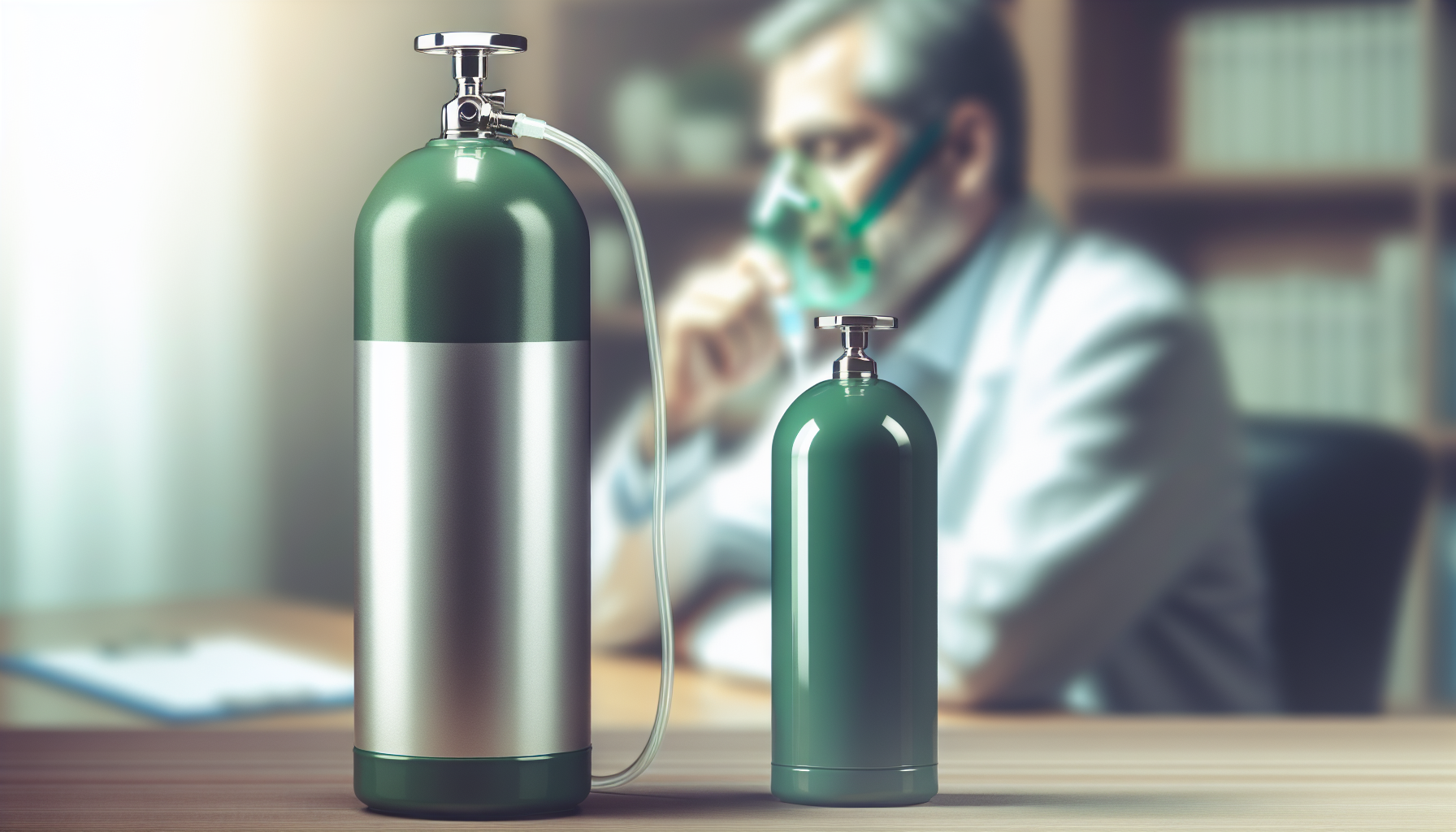
FAQs
Here are some frequently asked questions to shed light on more aspects of using oxygen at home.
Q1: Can I travel with home oxygen?
A1: Yes, but plan in advance. Contact your supplier to arrange equipment for your destination. Notify airlines if flying, as regulations require it. Always plan like an experienced traveler insists on bringing a neck pillow.
Q2: How long is a portable oxygen concentrator battery life?
A2: The battery life usually ranges from 2 to 5 hours, depending on settings. Having multiple batteries charged is akin to a Boy Scout with merit badges—always prepared.
Q3: Are oxygen concentrators noisy?
A3: Most machines create a soft, rhythmic sound, like a distant ticking clock—reassuring but never invasive.
Q4: Is home oxygen therapy covered by insurance?
A4: Often, yes. Coverage depends on medical necessity and your insurance plan. Make sure paperwork is in the harmony as well-orchestrated as your aunt’s notes on familial birthdays.
Q5: Can pets be around home oxygen equipment?
A5: Generally, yes, but maintain boundaries. Don’t let your dog chew on tubing; play time accessories they are not.
When it comes to managing your respiratory health, I’m delighted that Henry Chiropractic is part of the community that stands by you. Dr. Craig Henry and Dr. Aaron Hixon offer chiropractic care to enhance your well-being, helping you breathe a little easier, nimbly moving like a breeze.
If you ever require a change in routine or lifestyle, they’re just a call away at (850) 435-7777 or visit them at 1823 N 9th Ave, Pensacola, FL 32503. Learn more about how they can support your health at: Henry Chiropractic.
In the world of health, navigating the fine print requires attention but shouldn’t feel overwhelming. Whether you need a little more guidance or simply want to take a deep breath without worry, choose wisely and back it with expertise. In this collective garden of well-being, let’s cultivate health—together.


